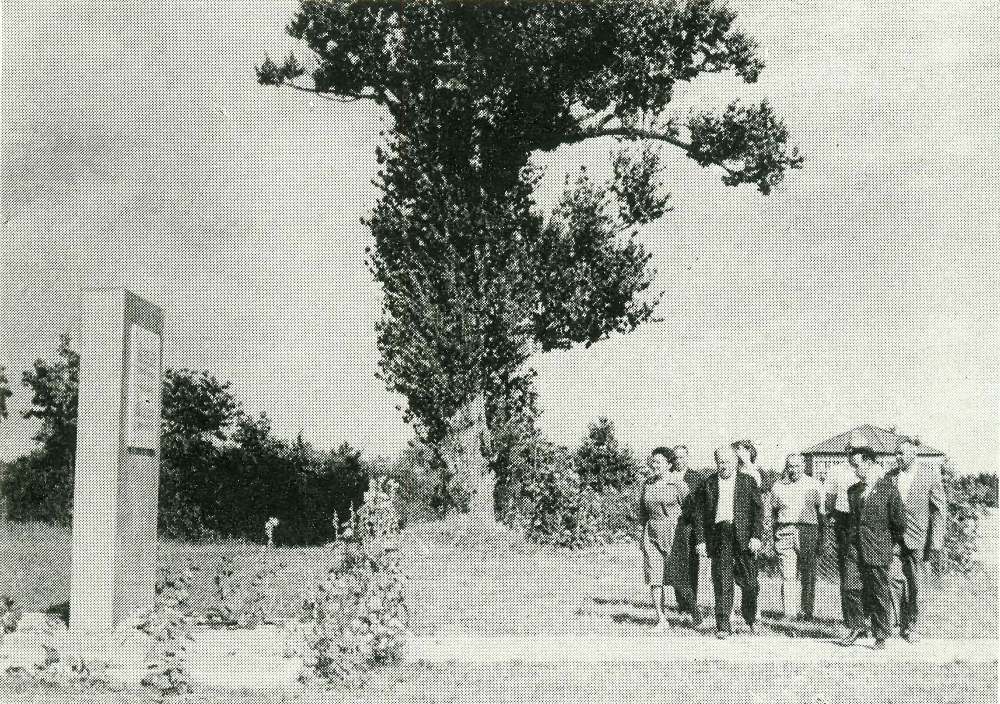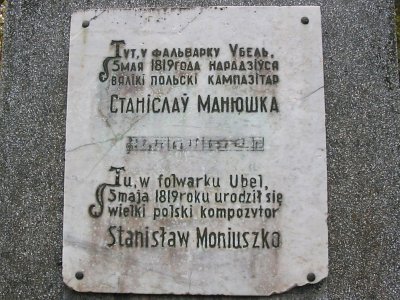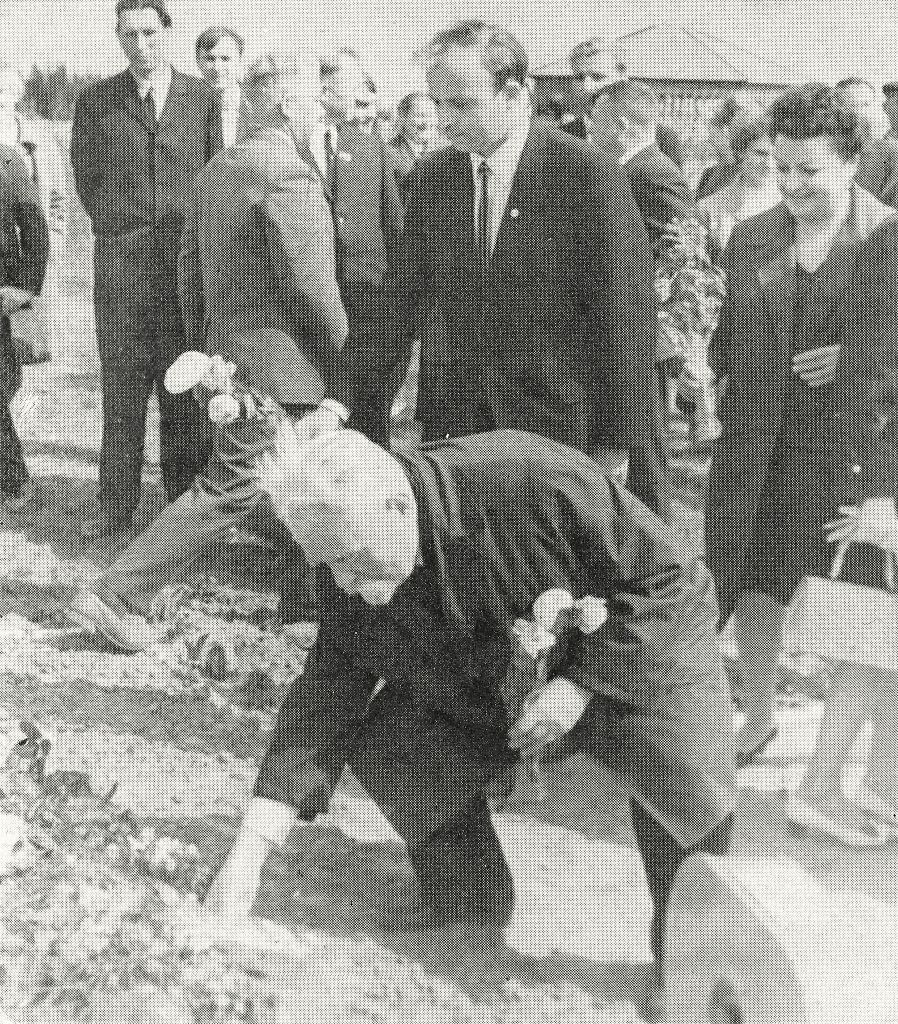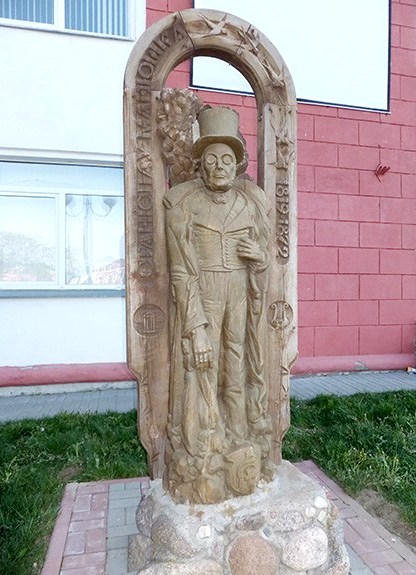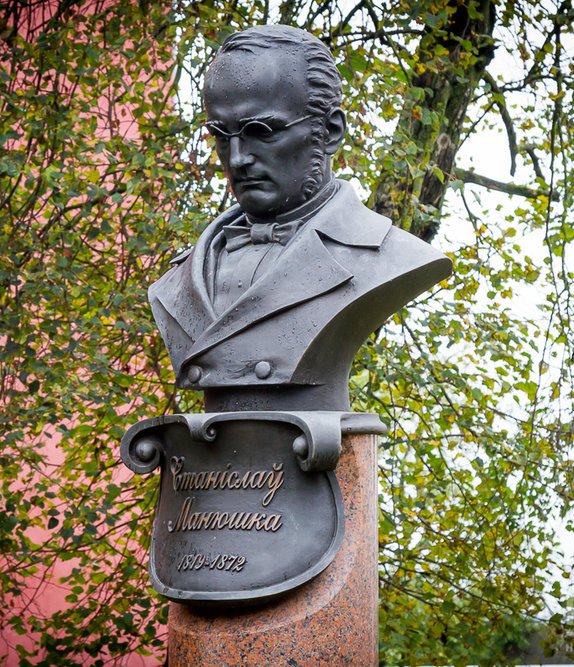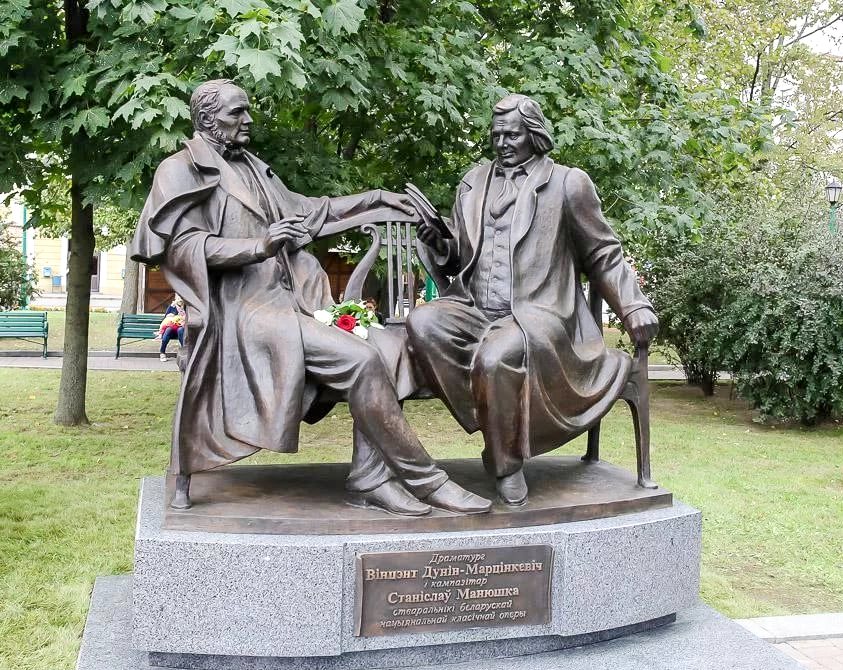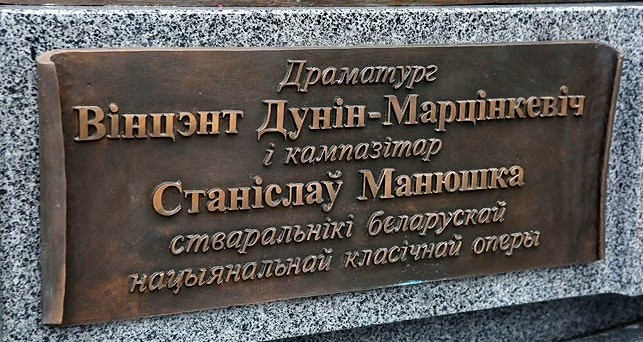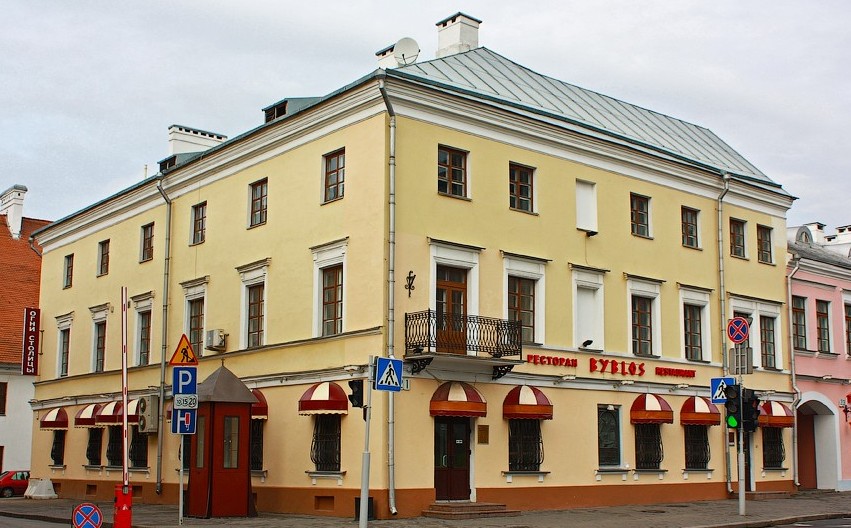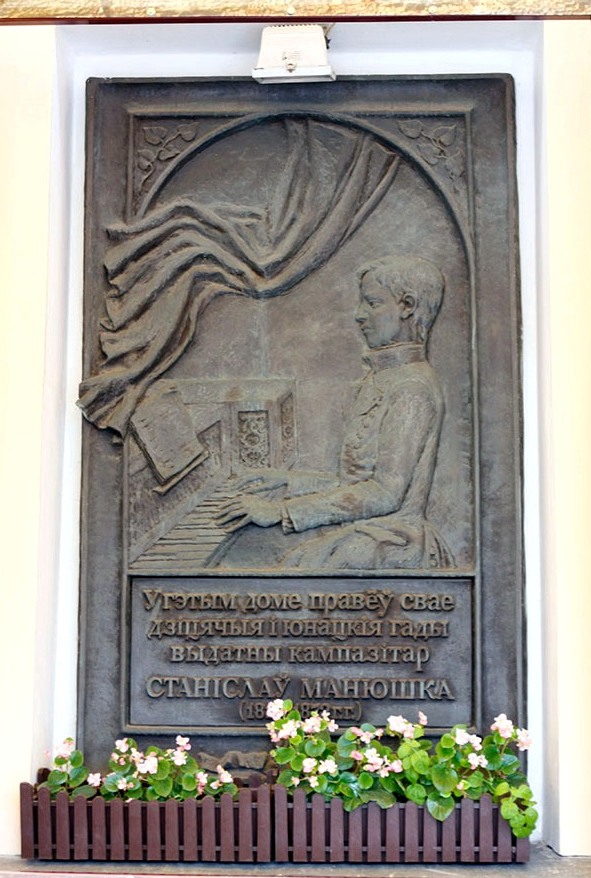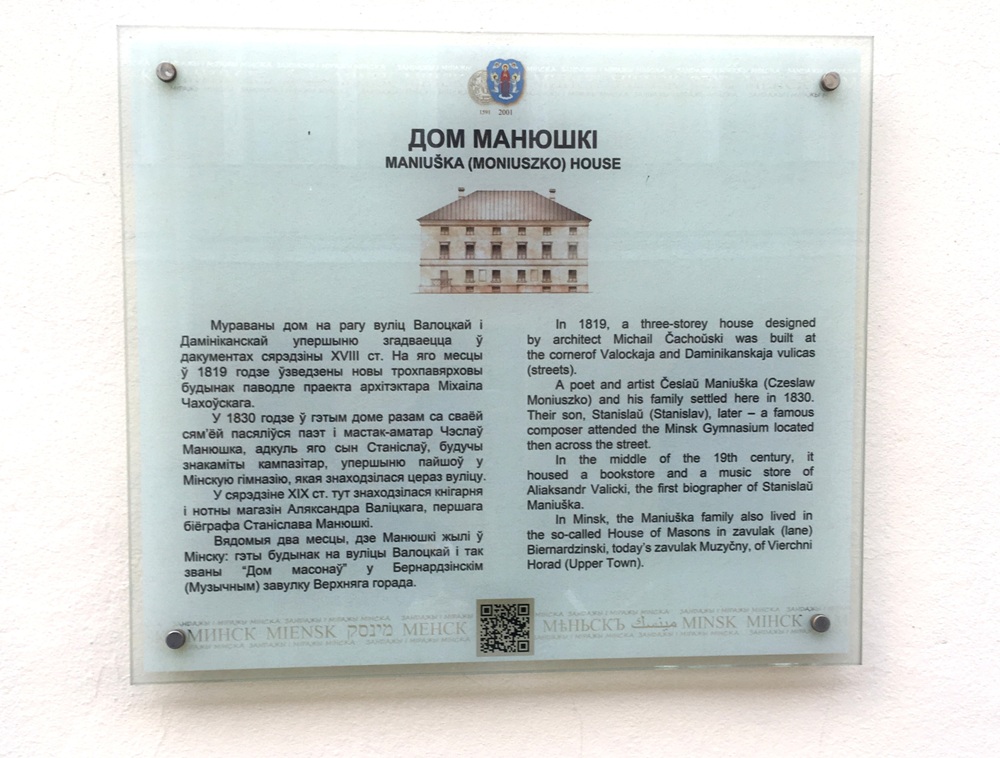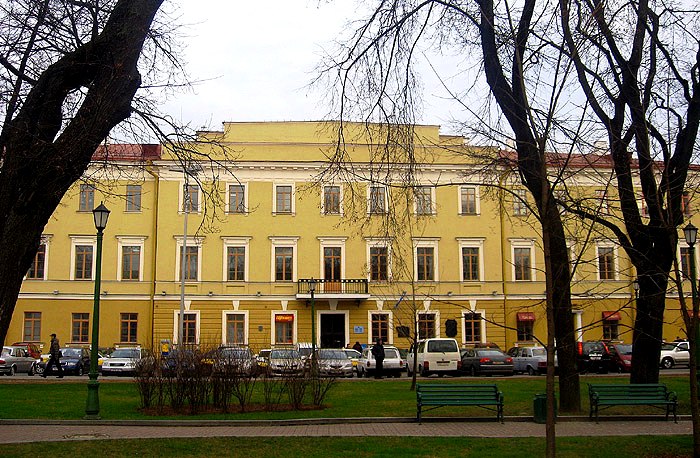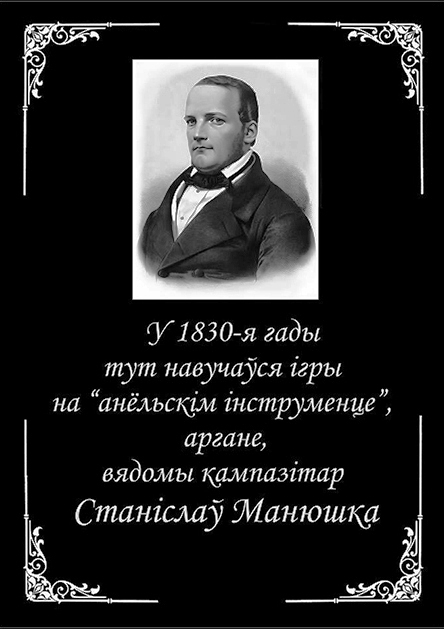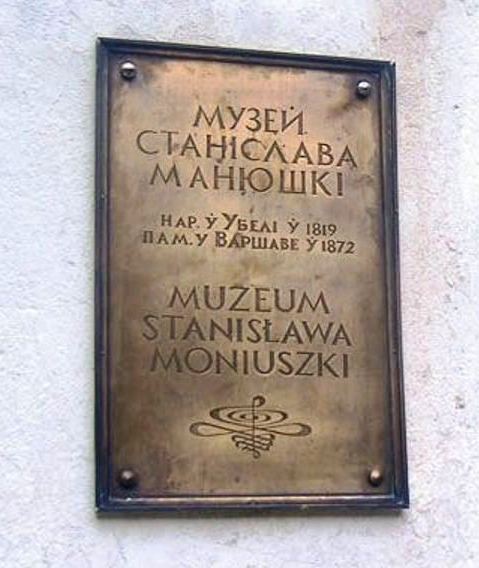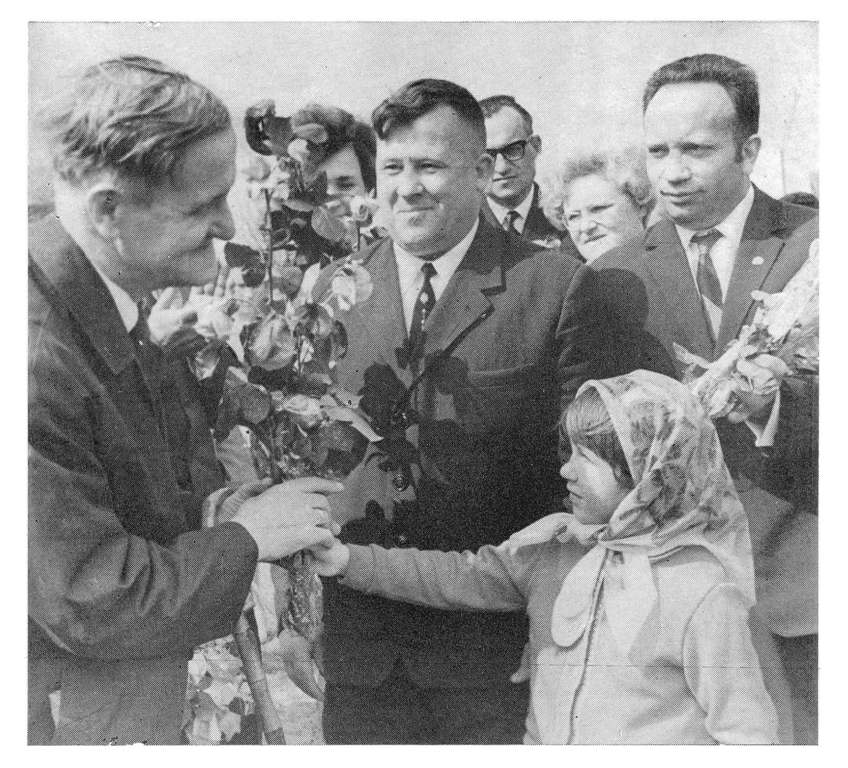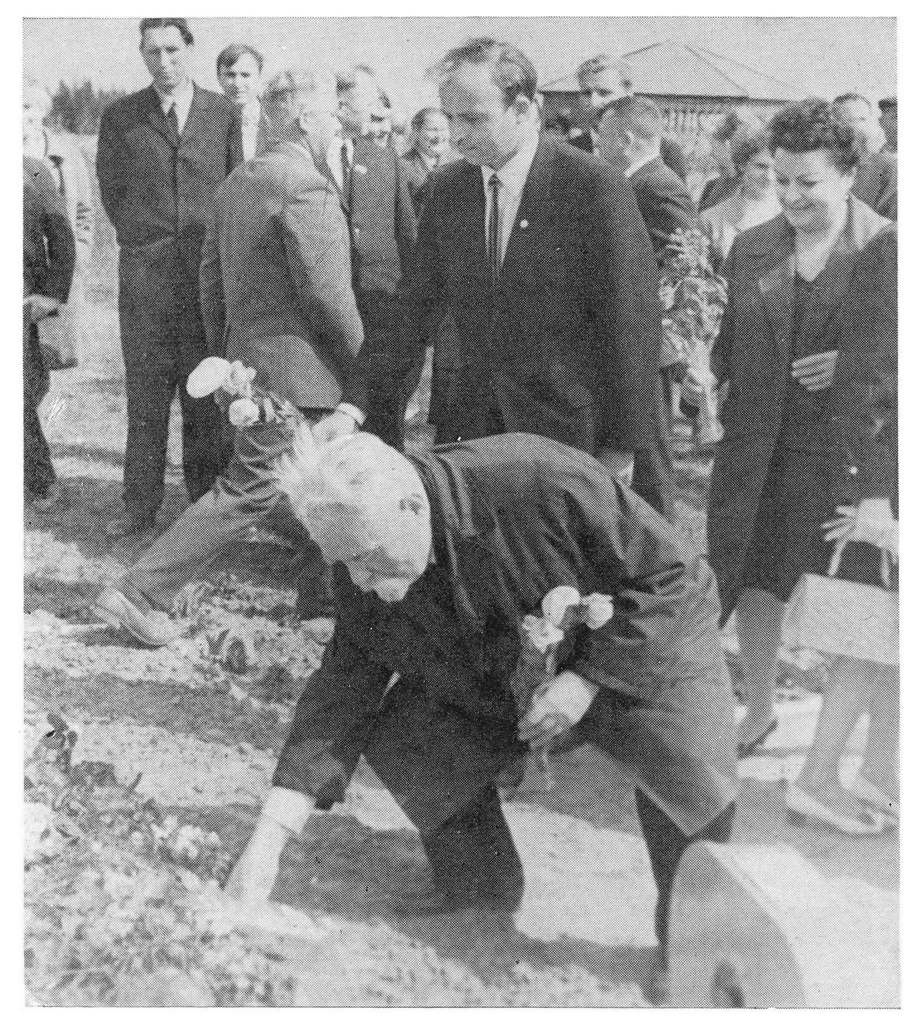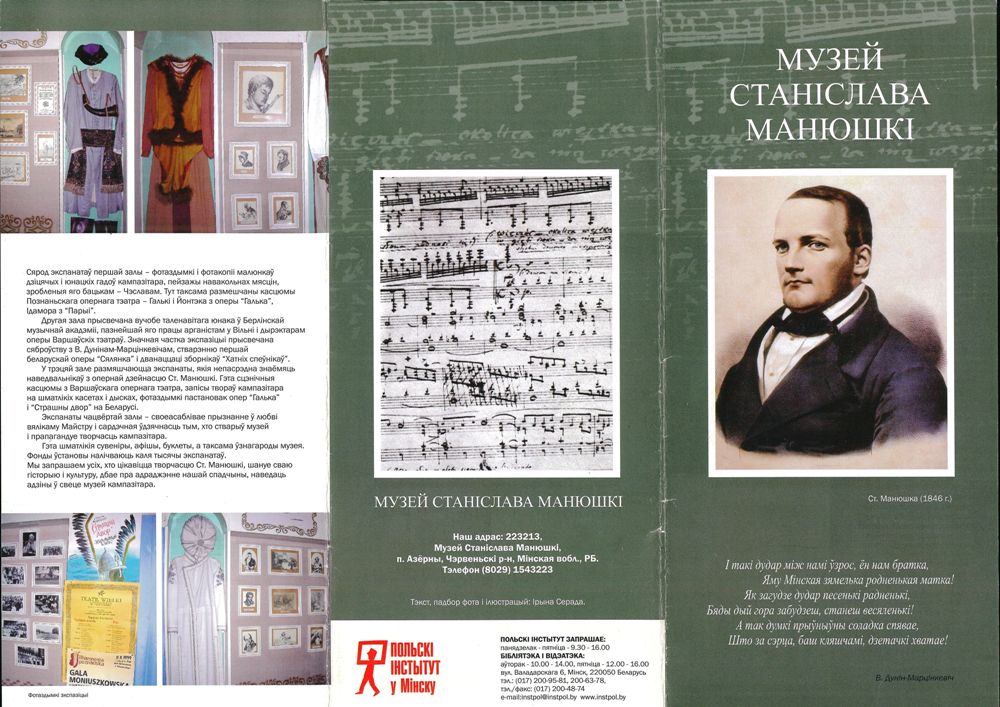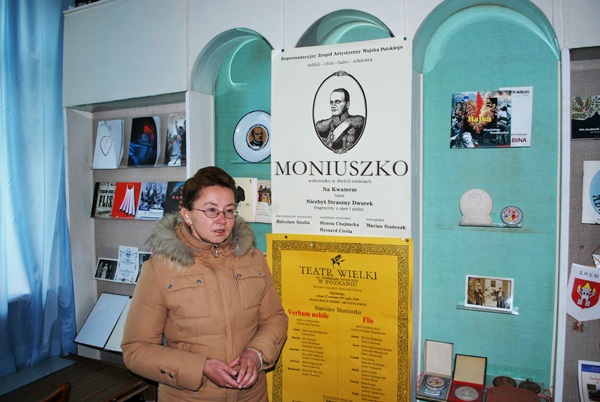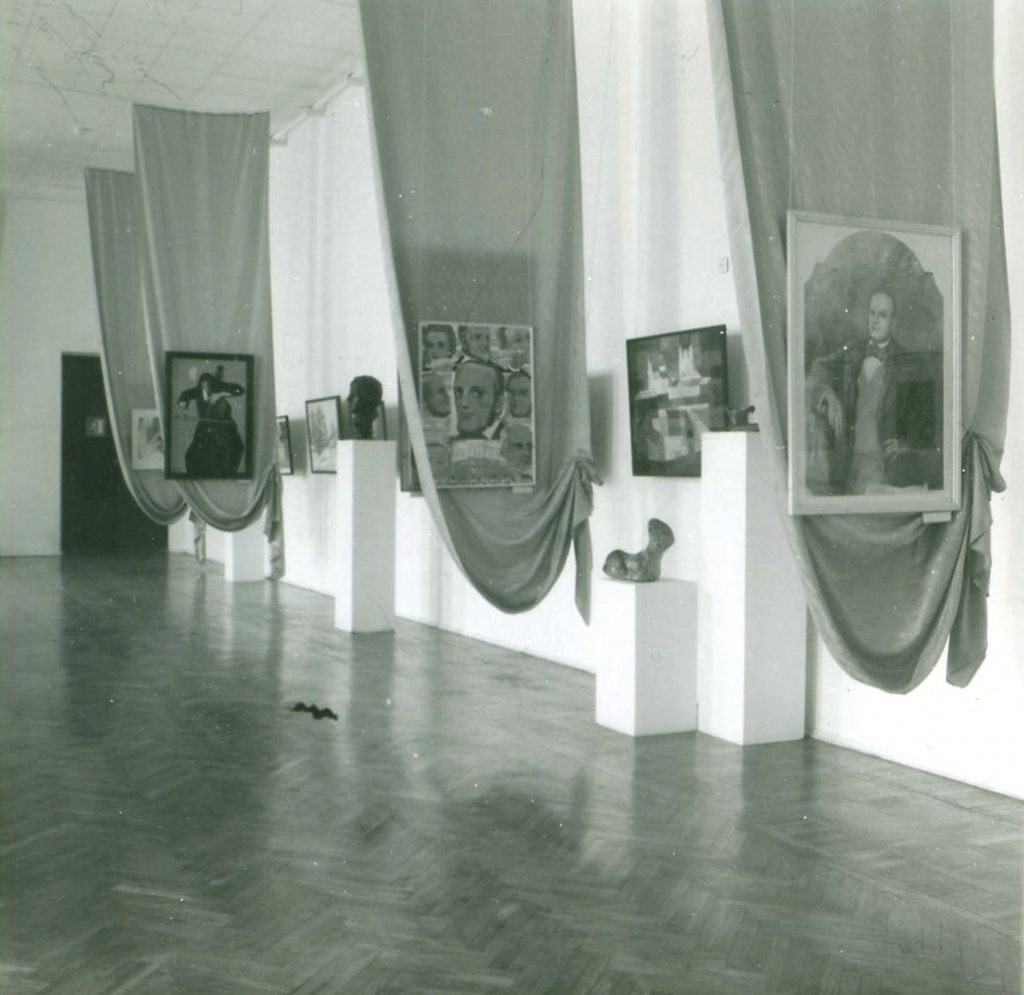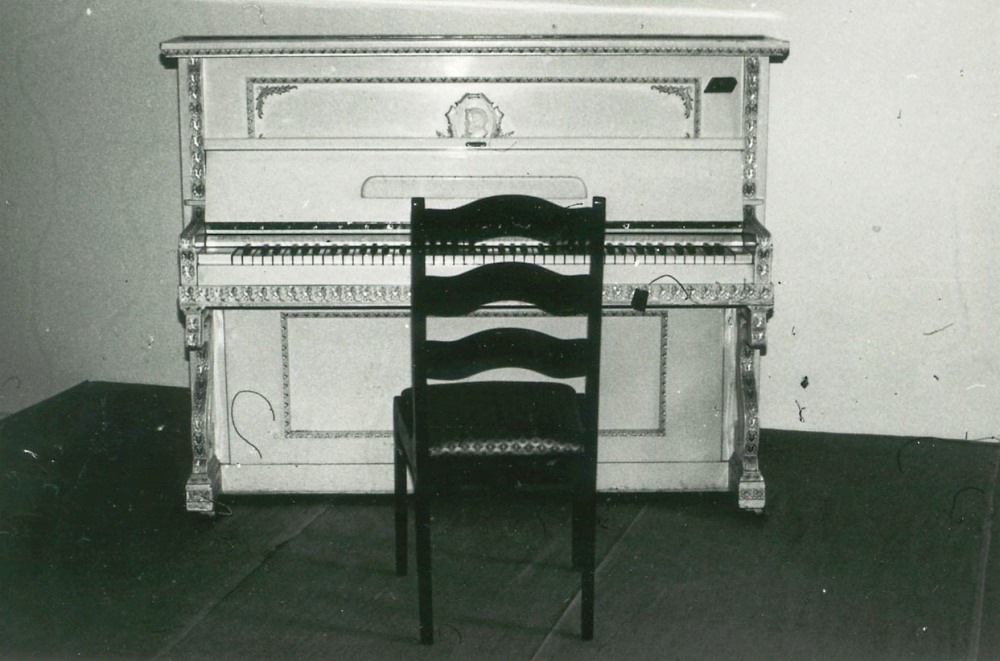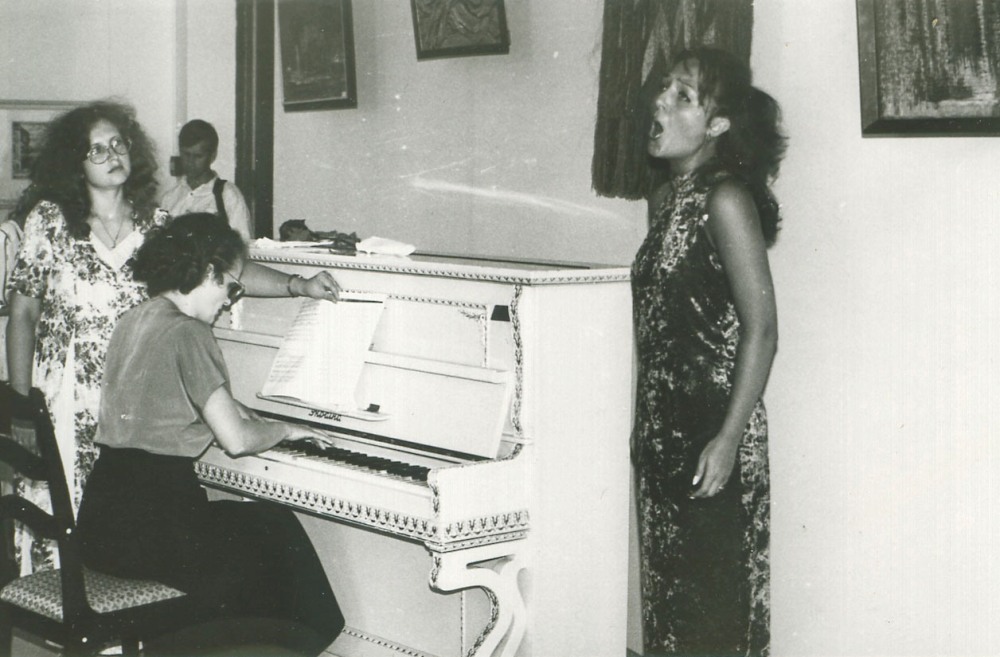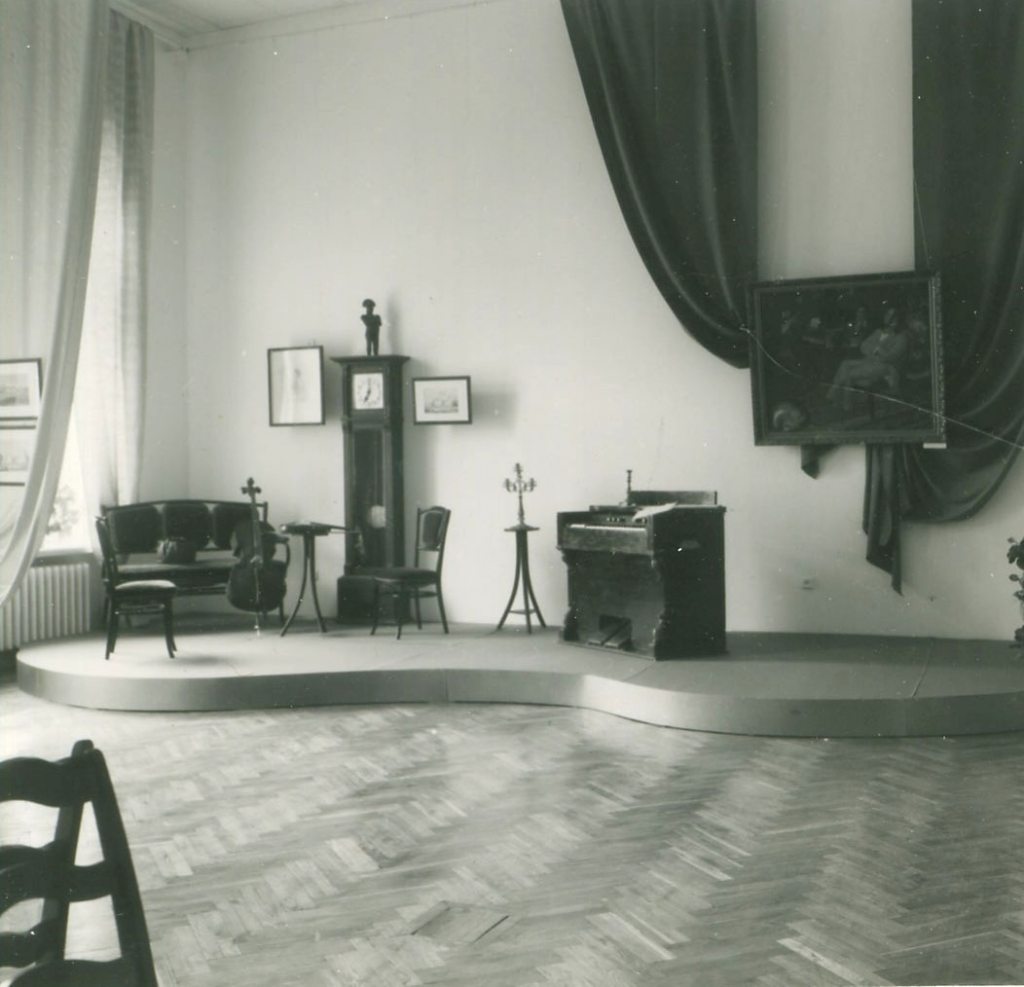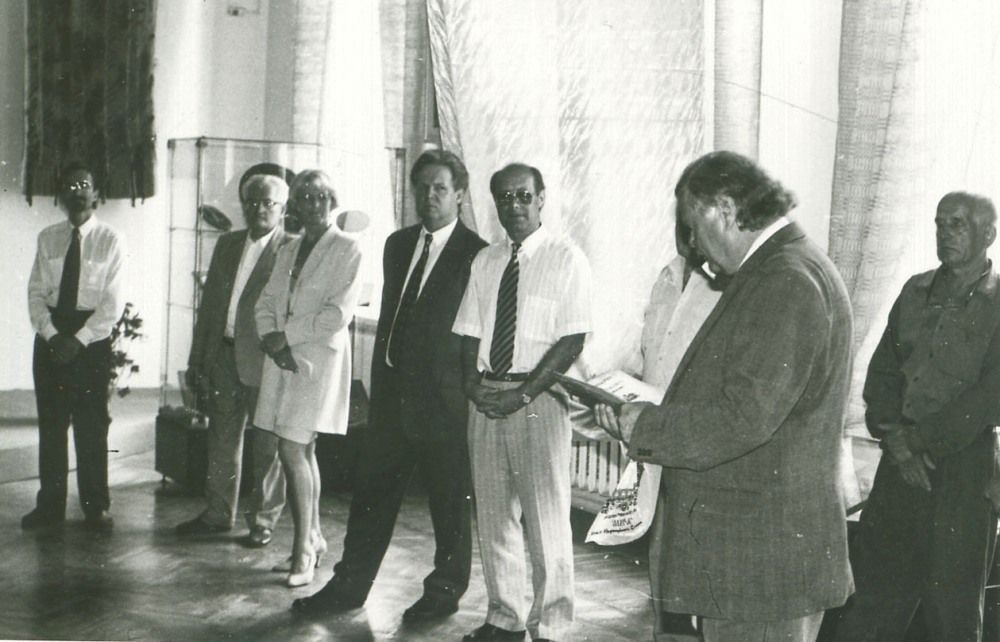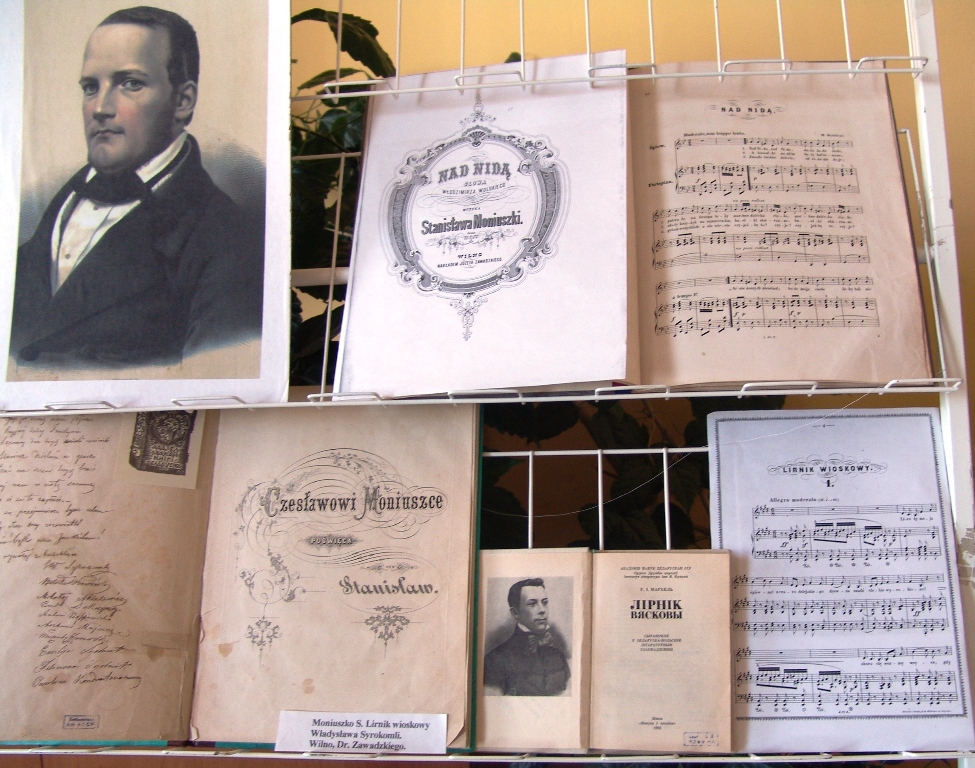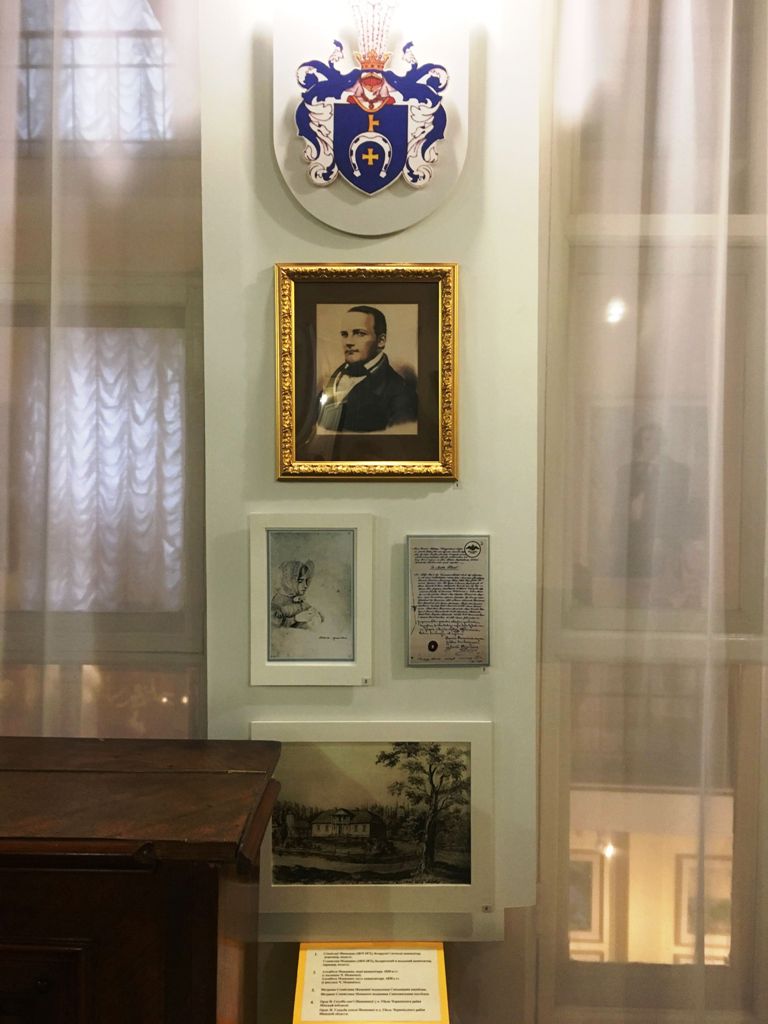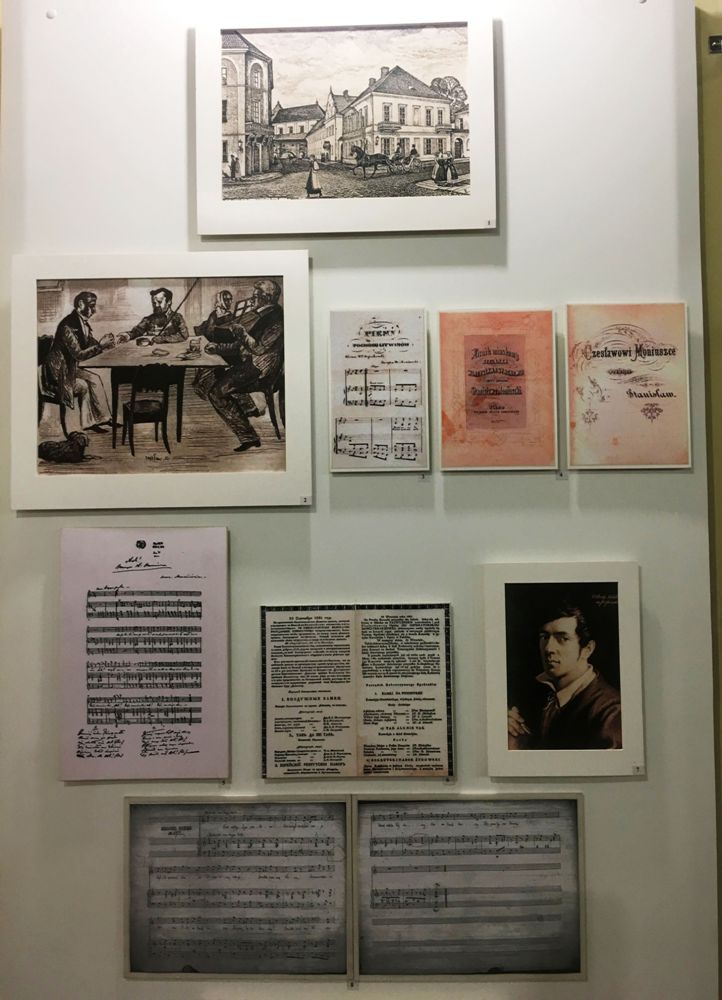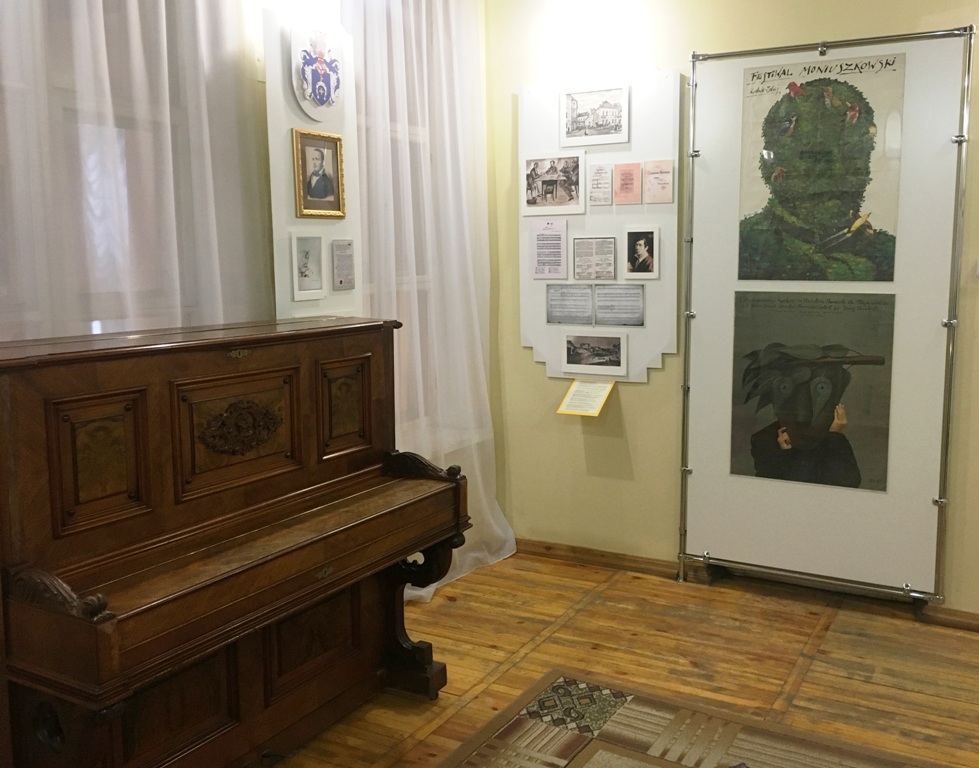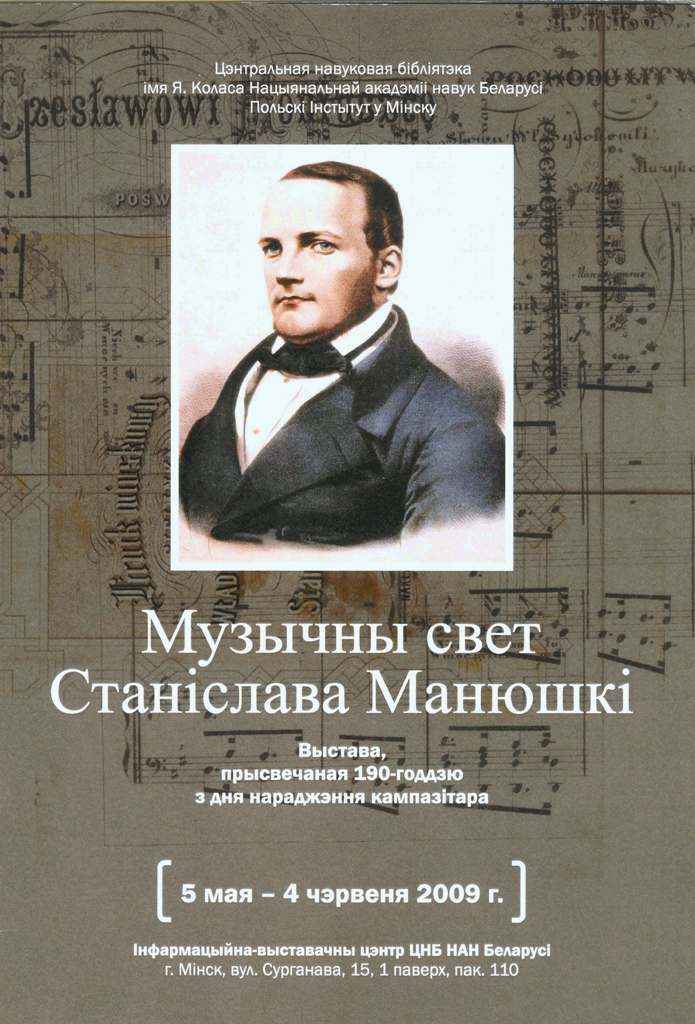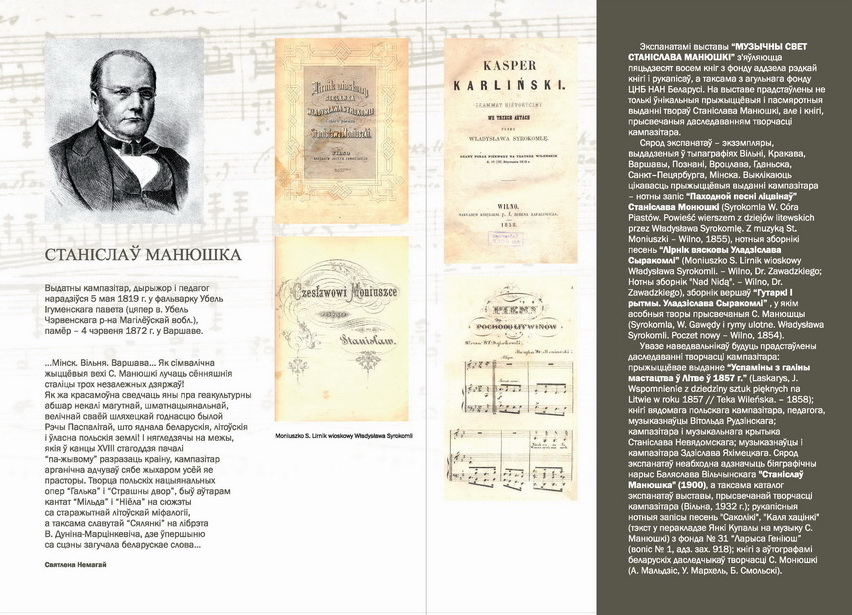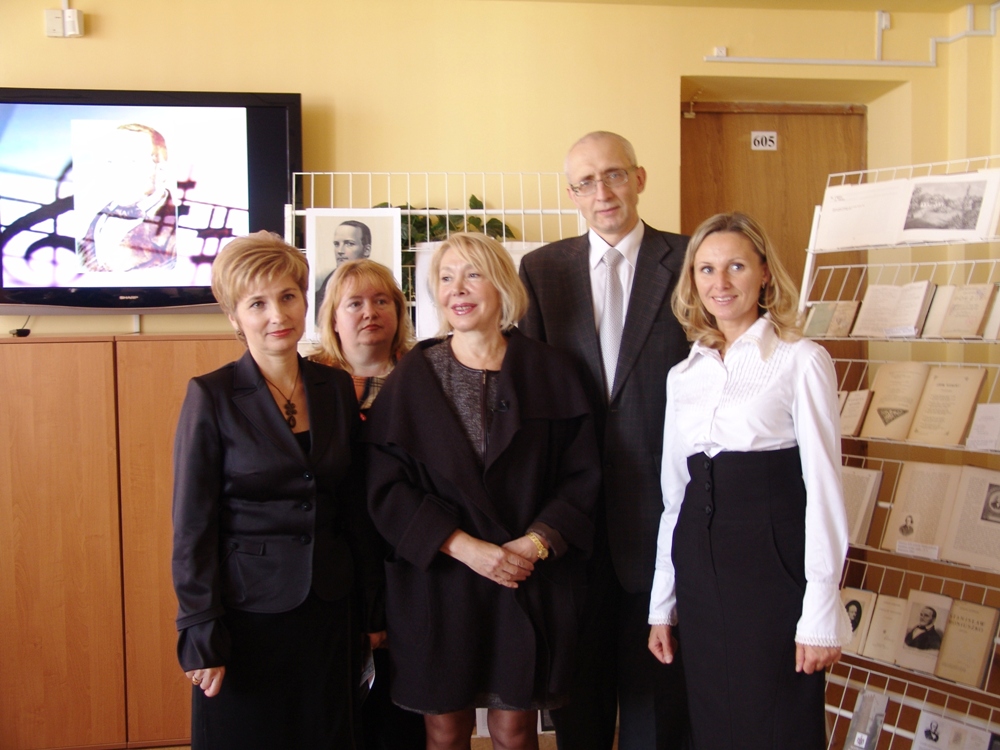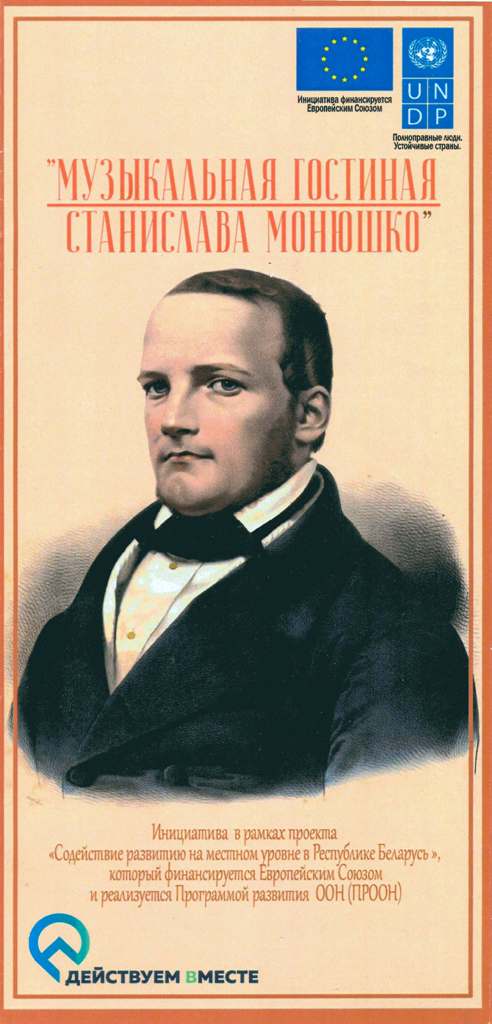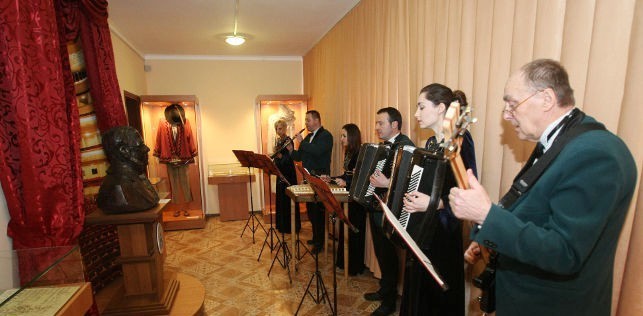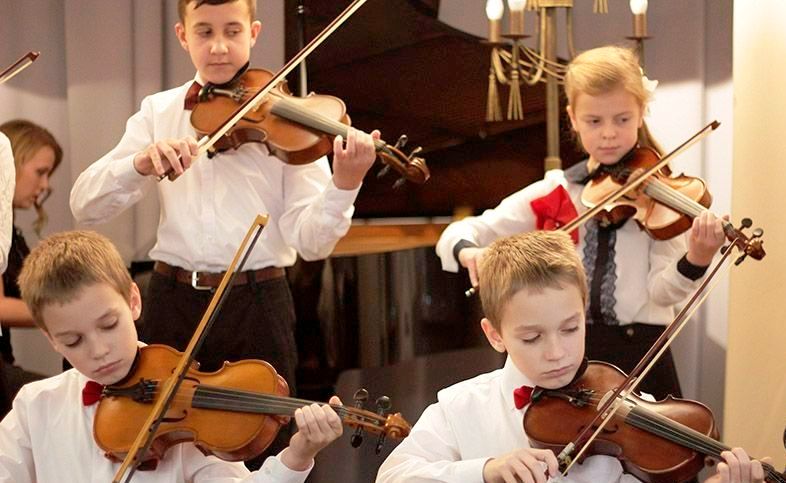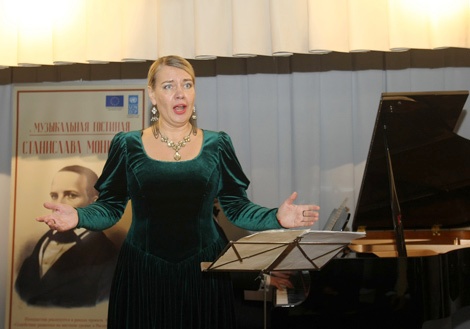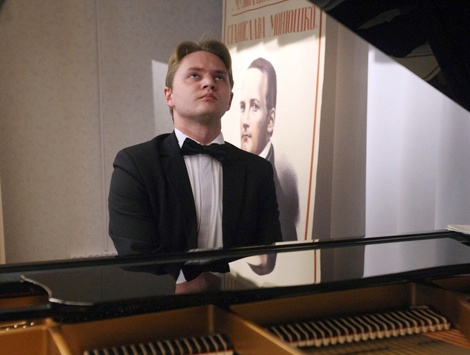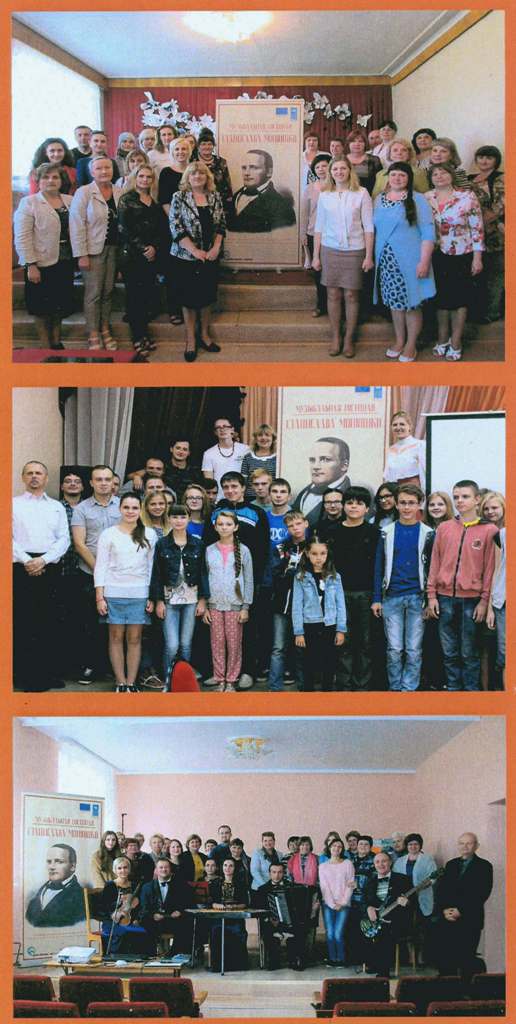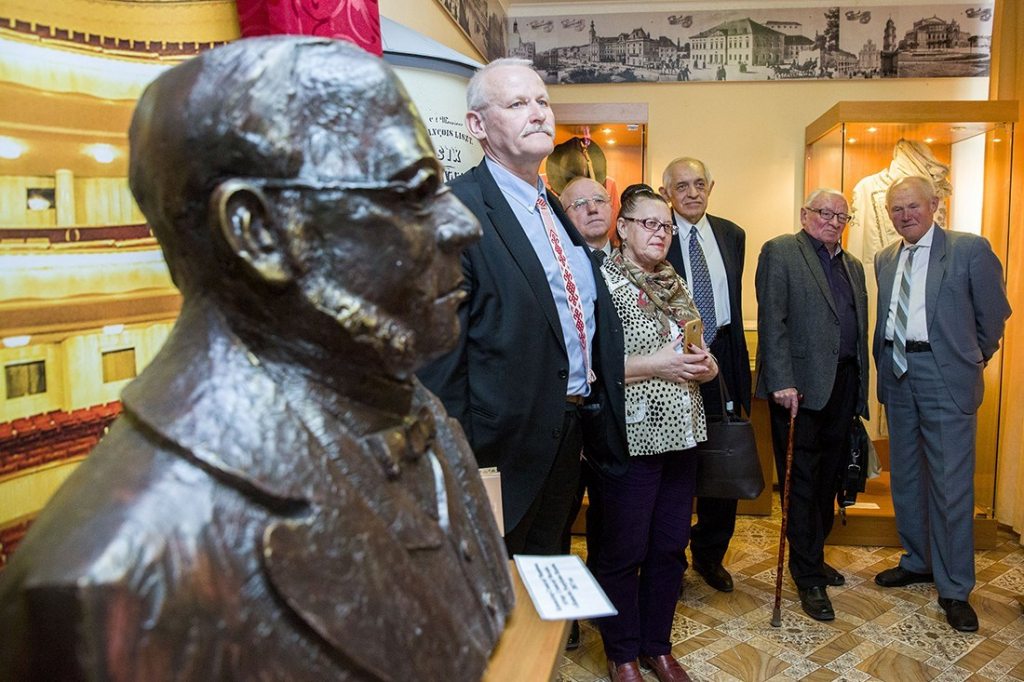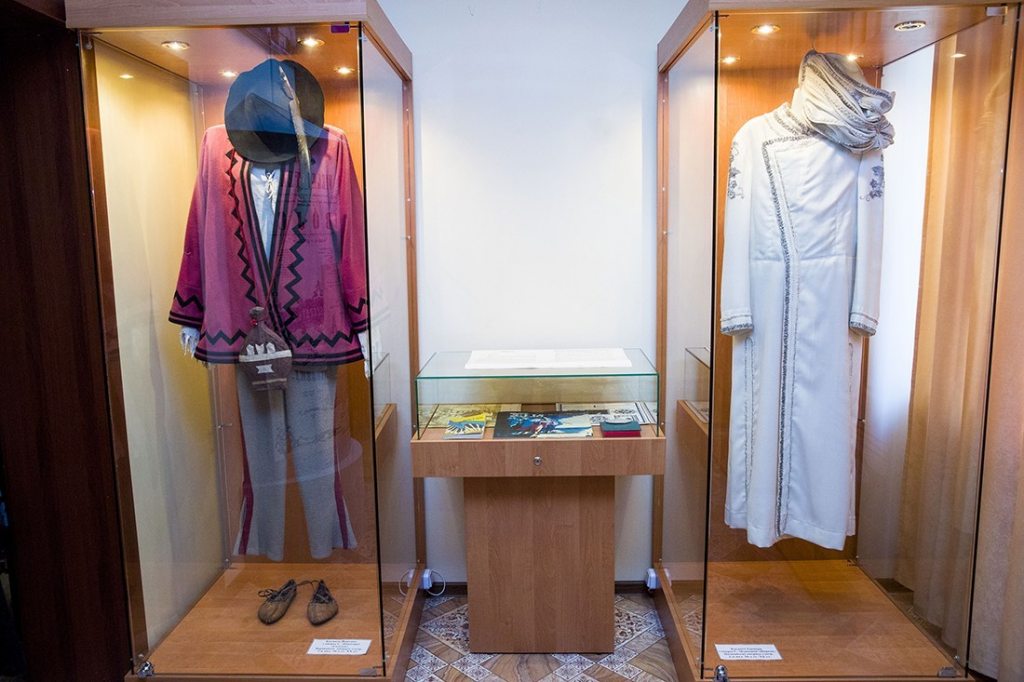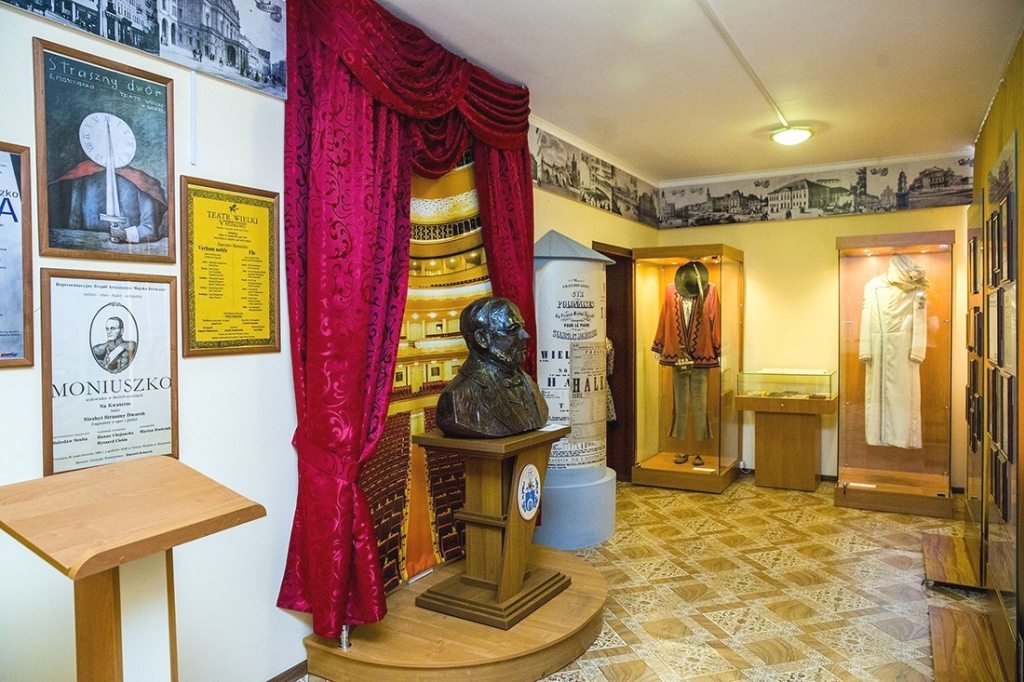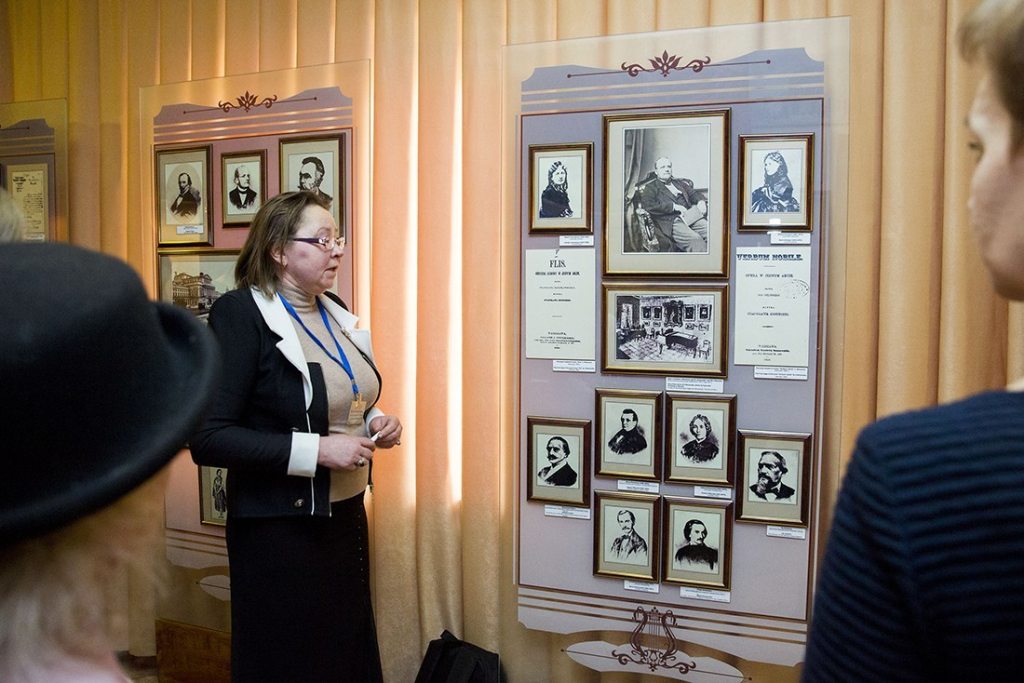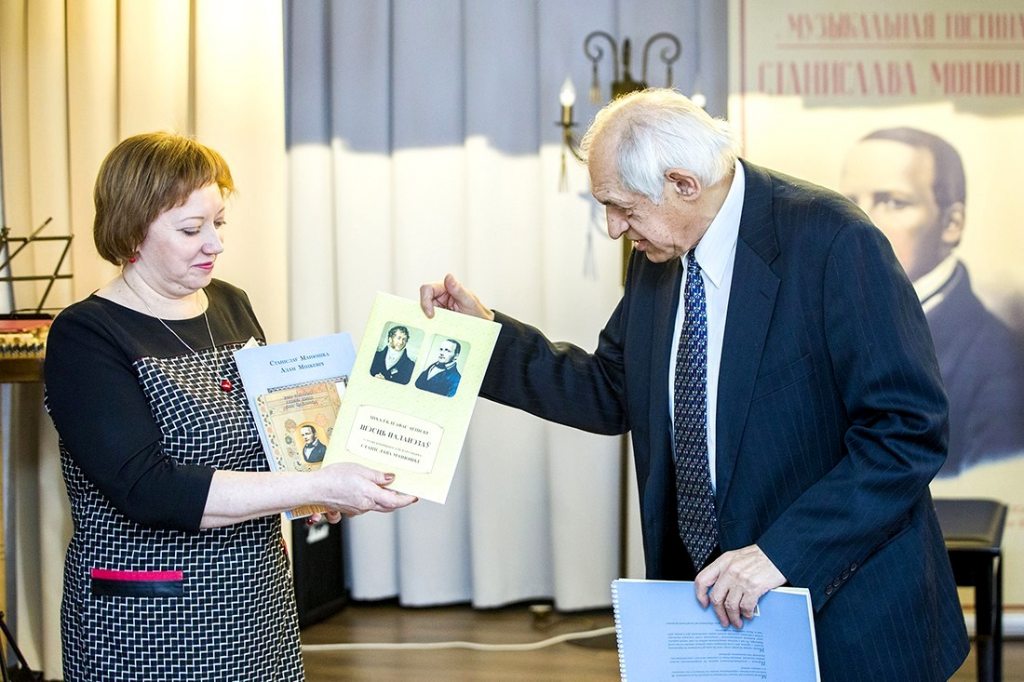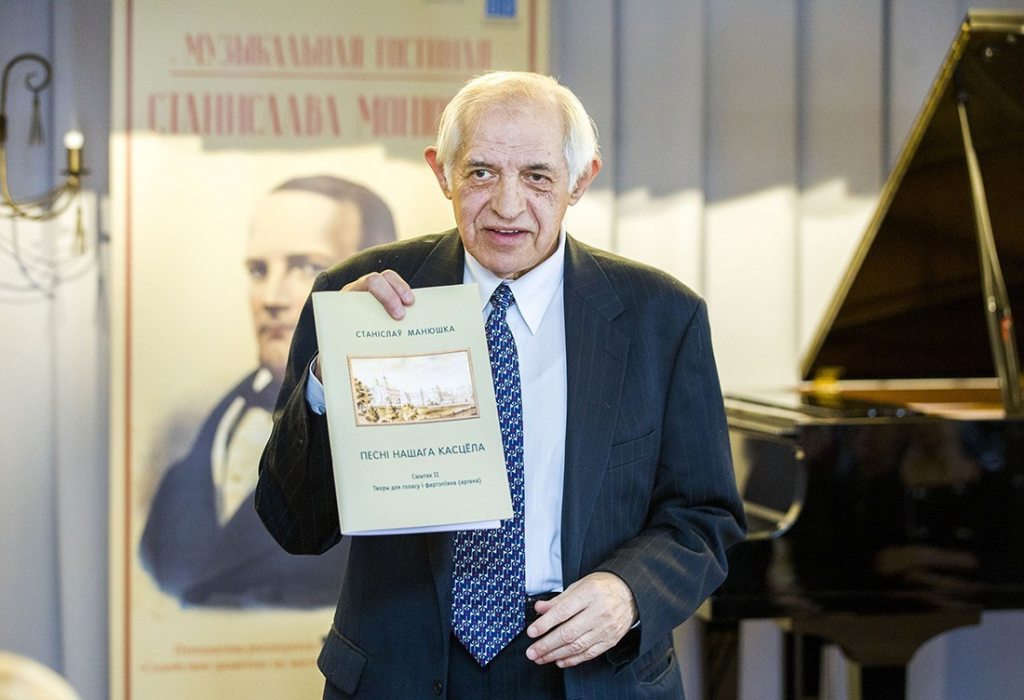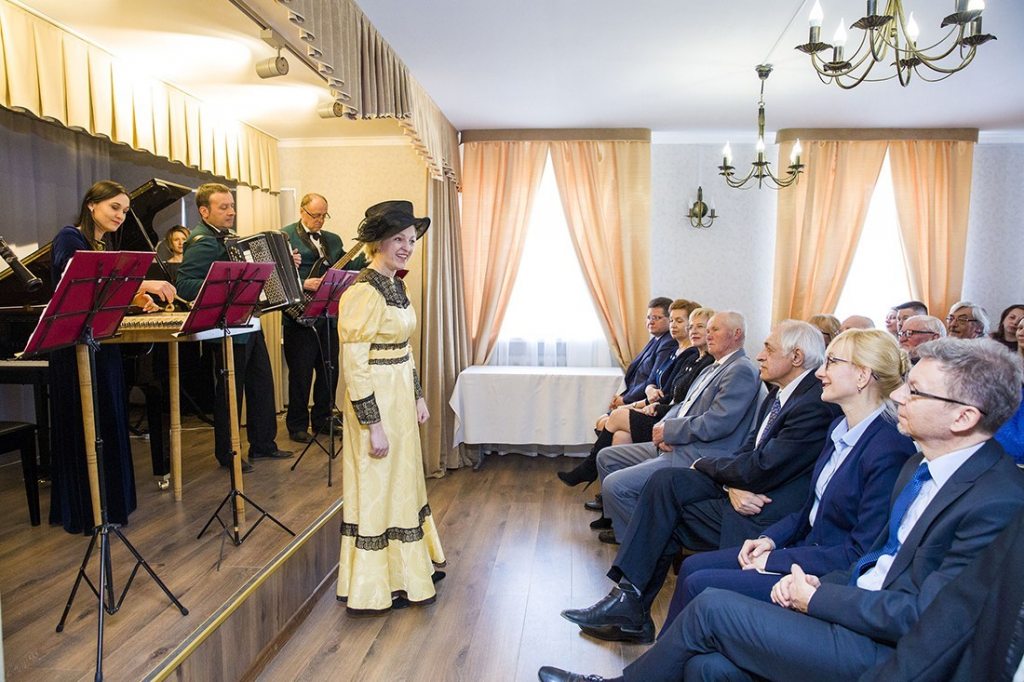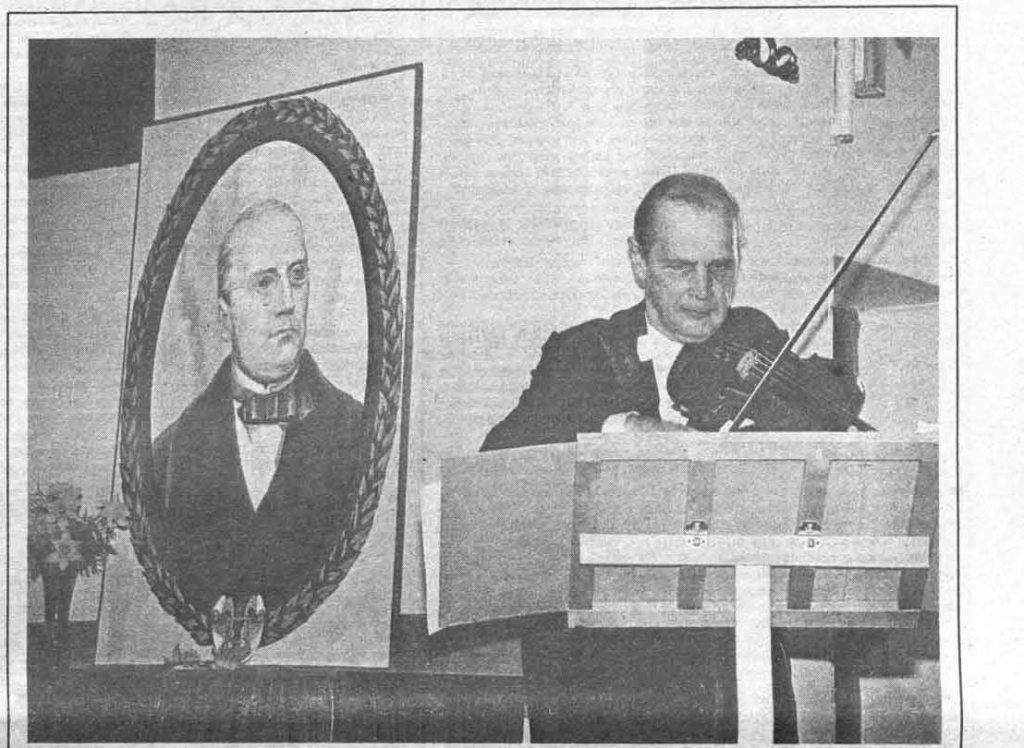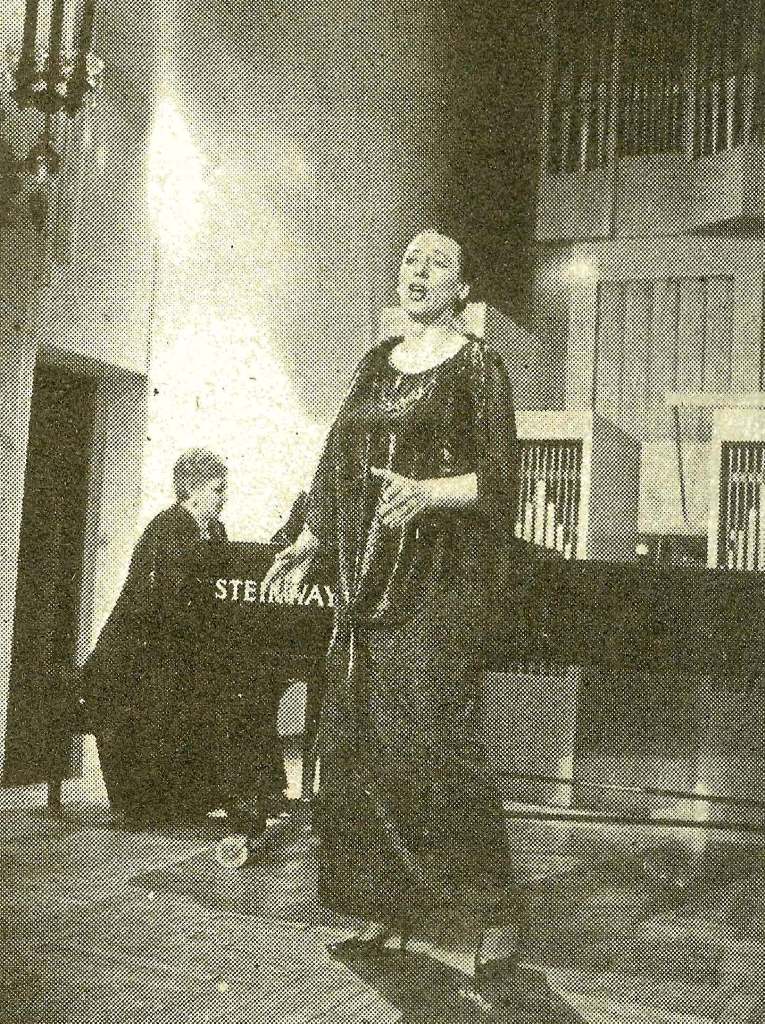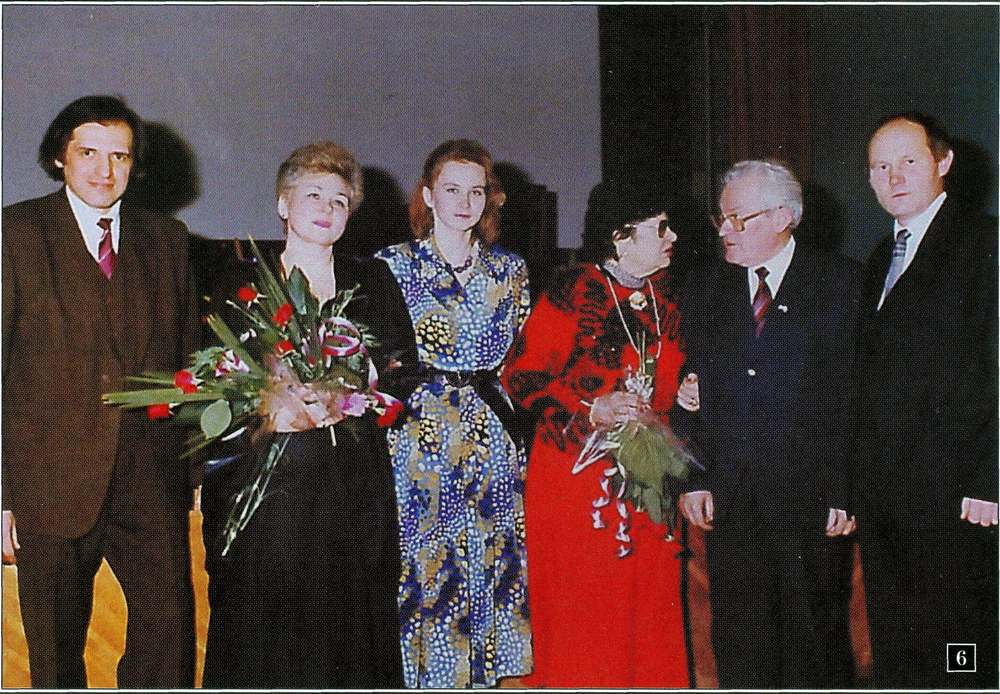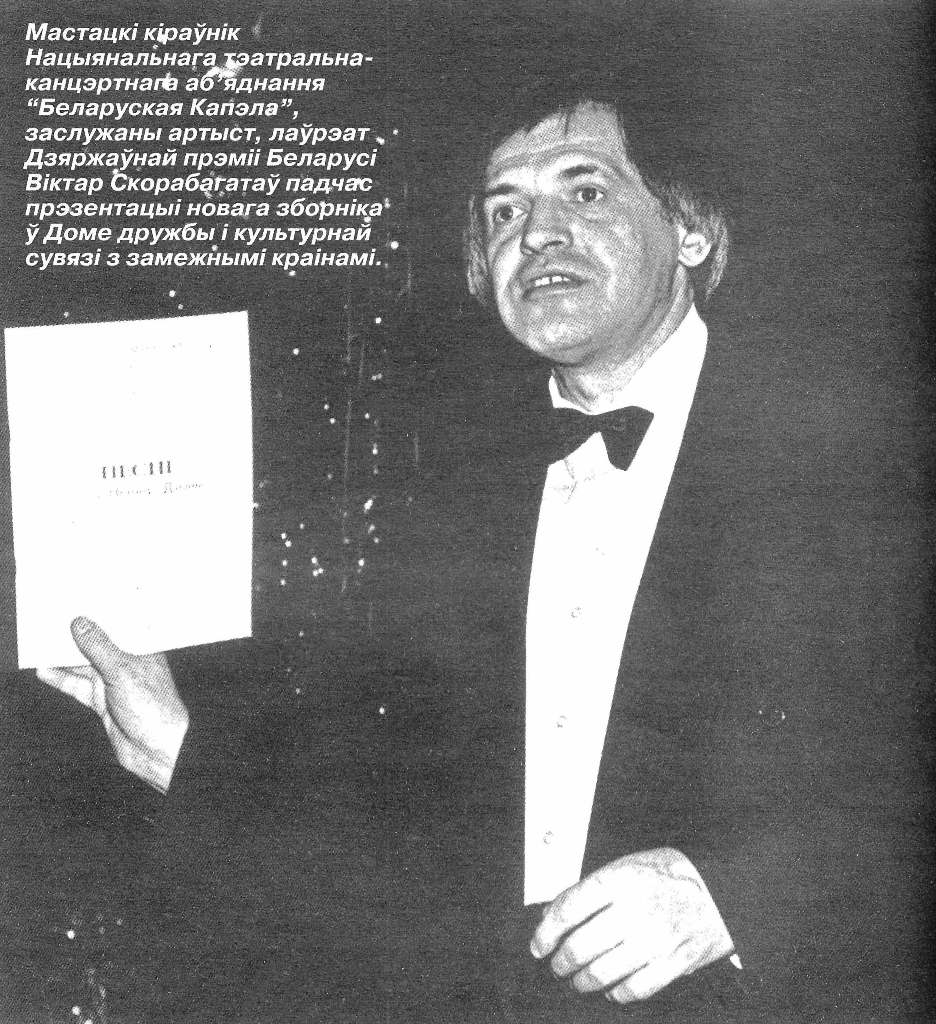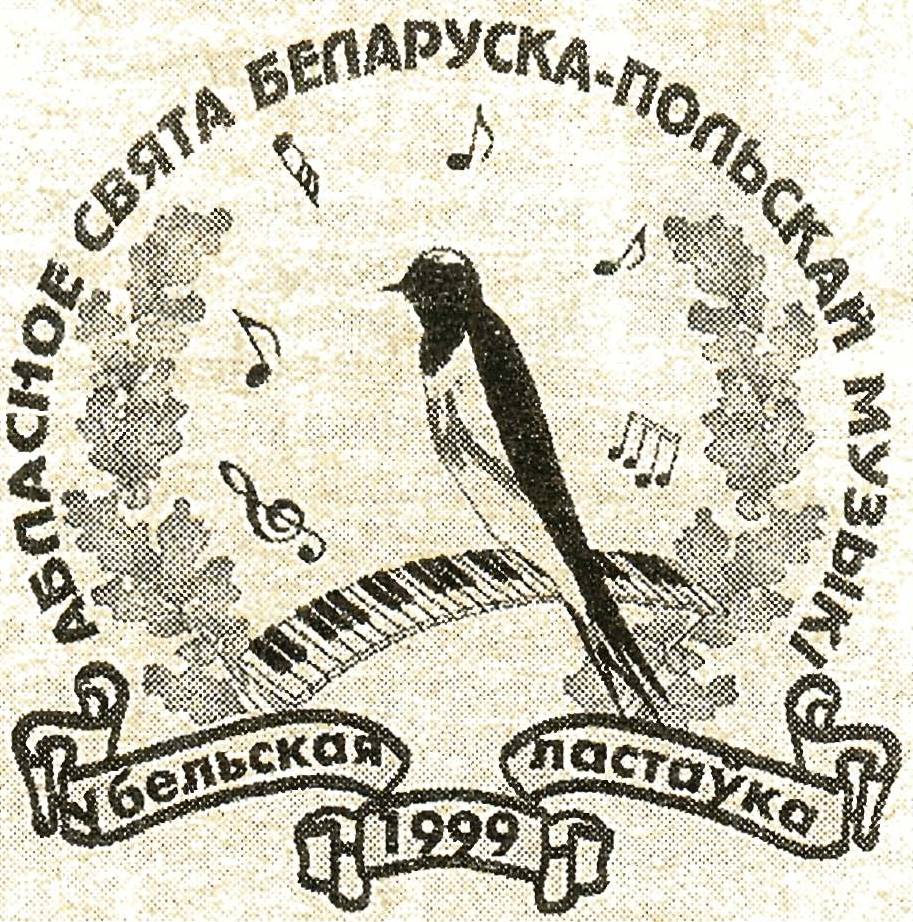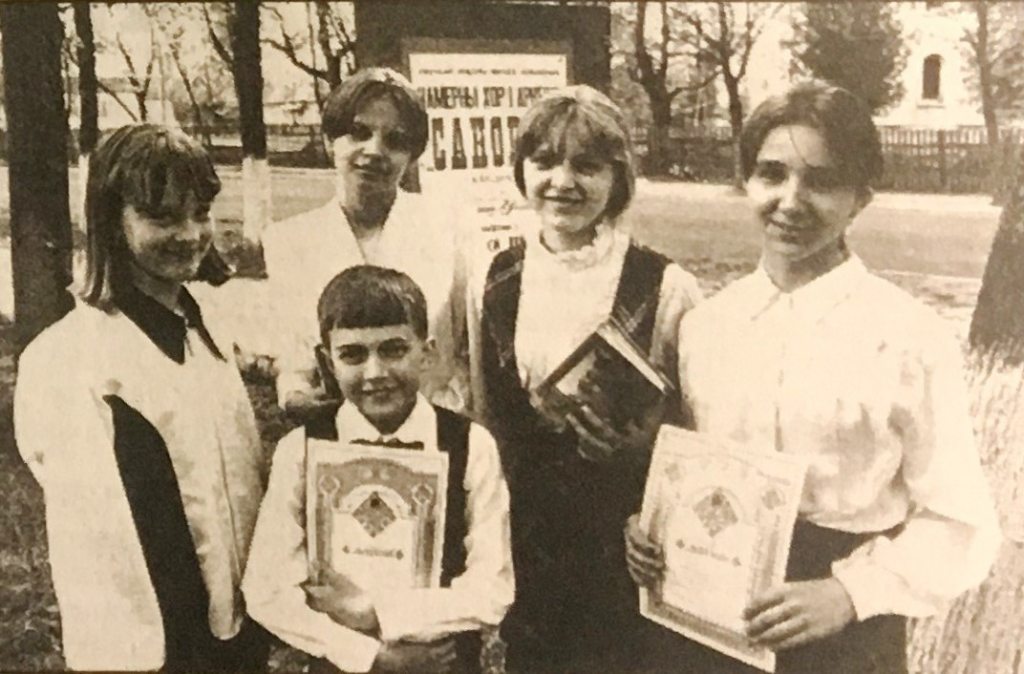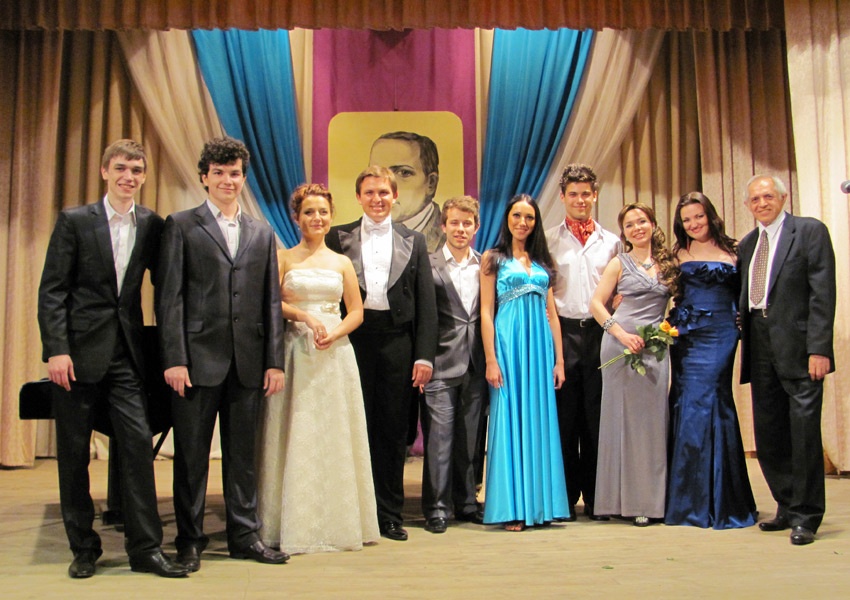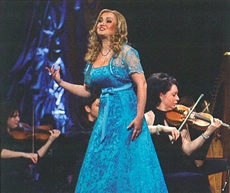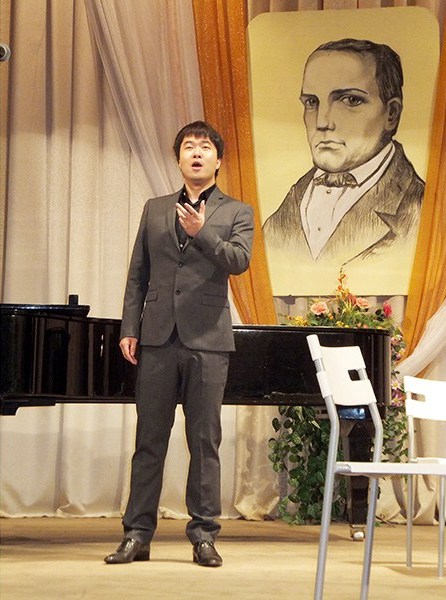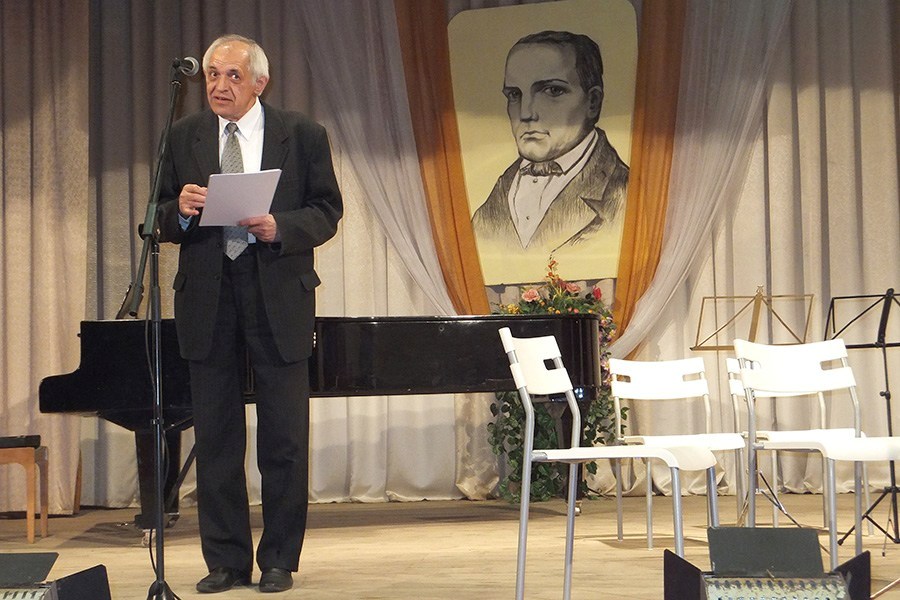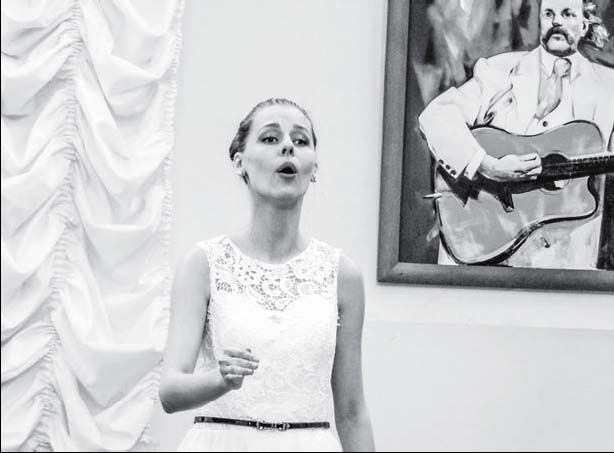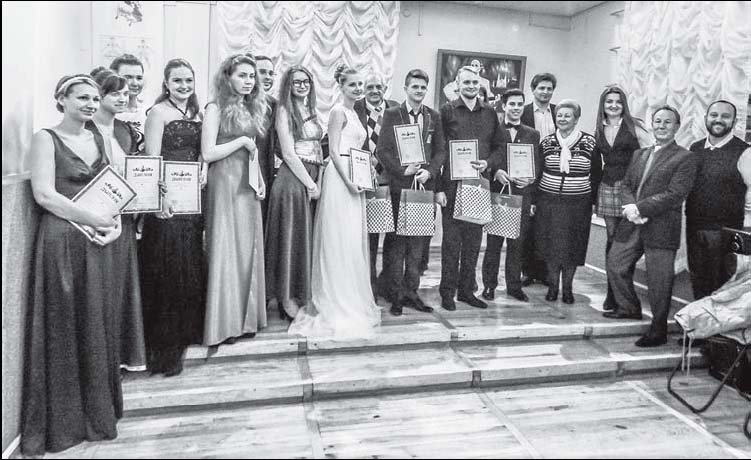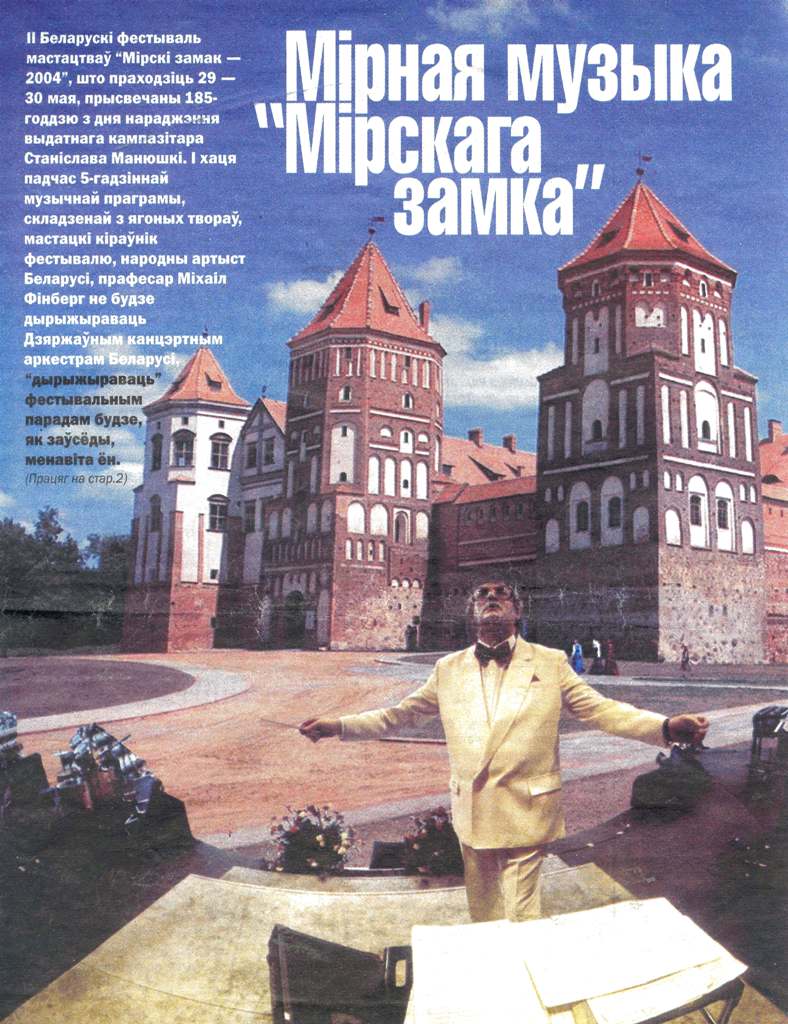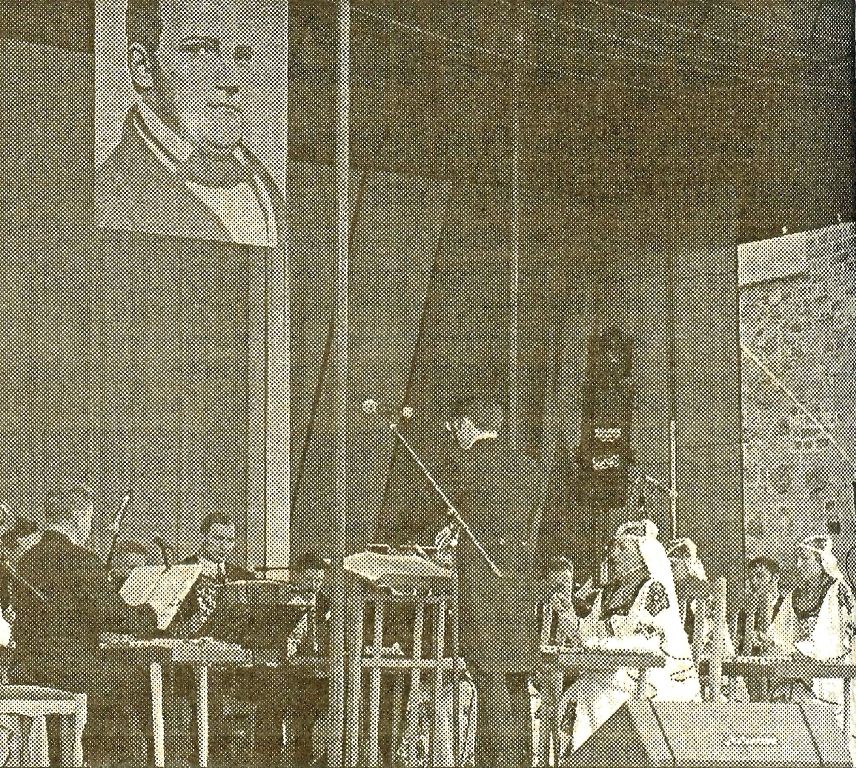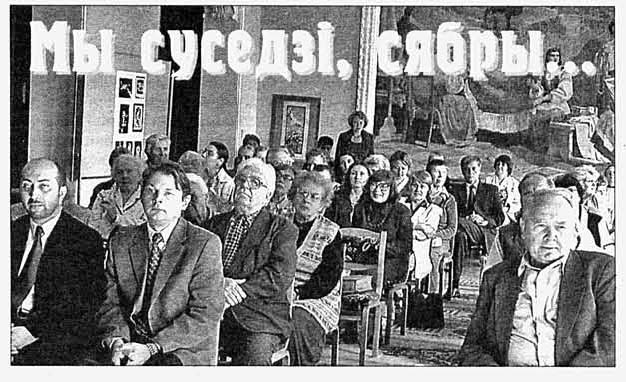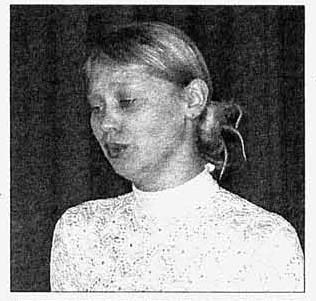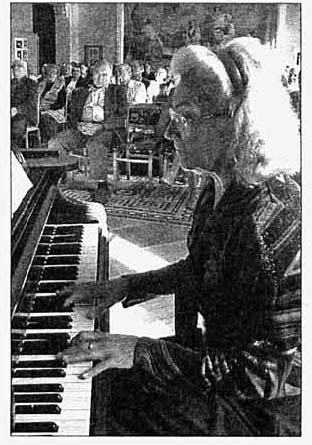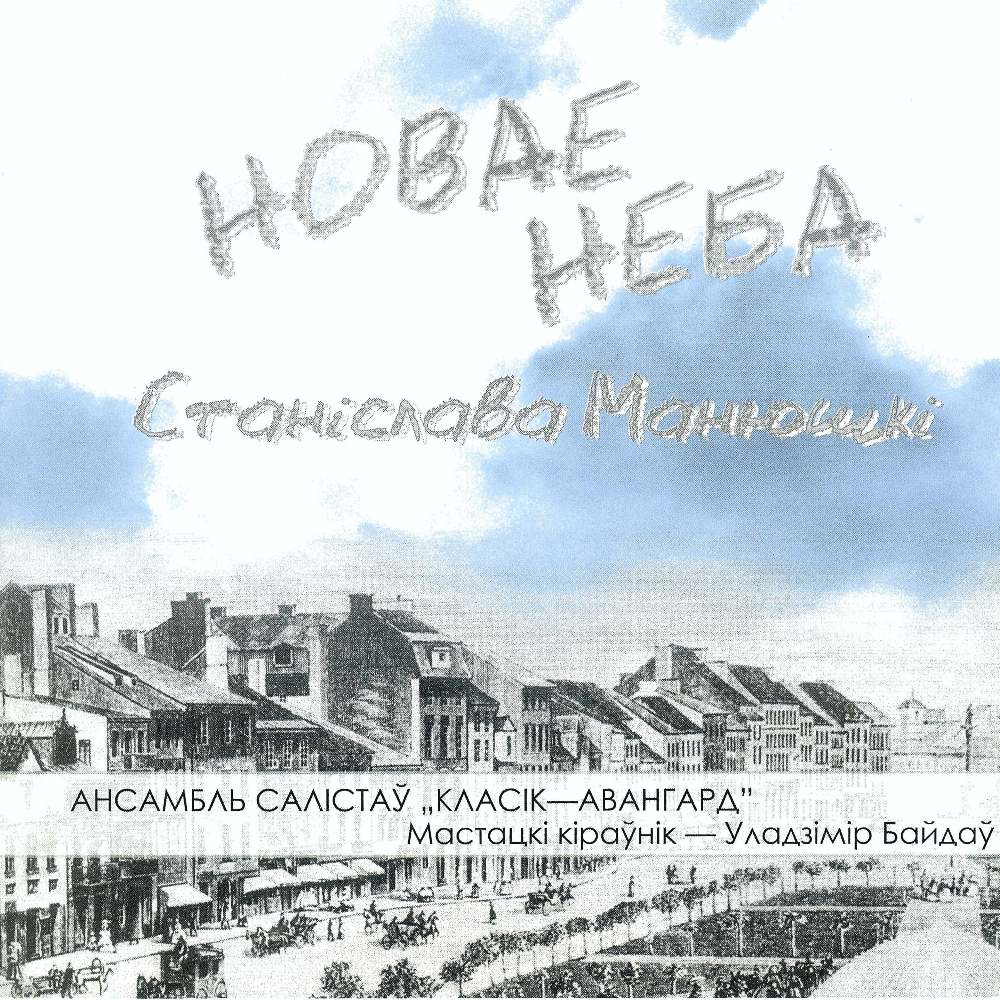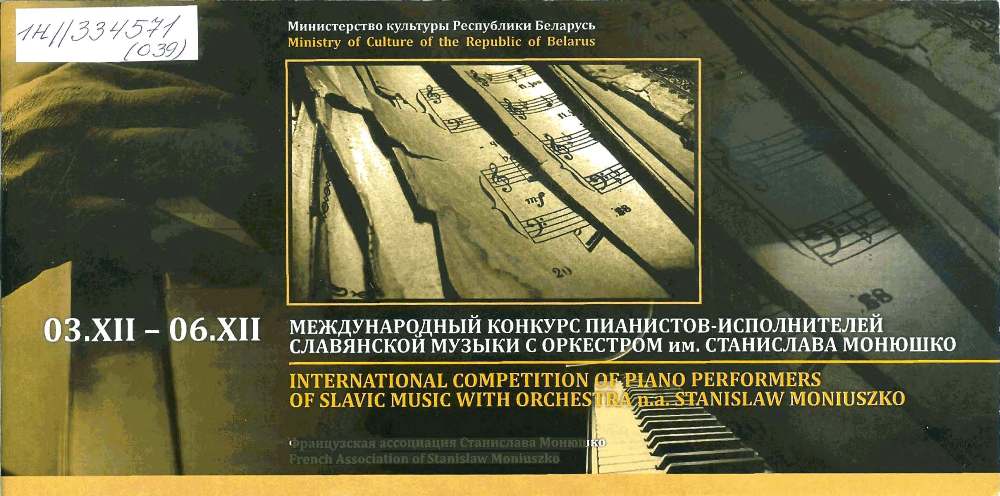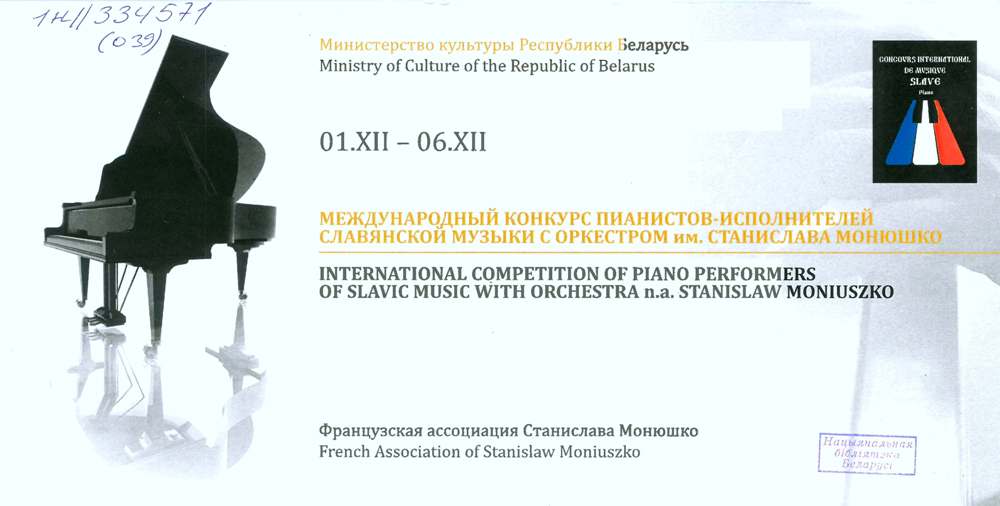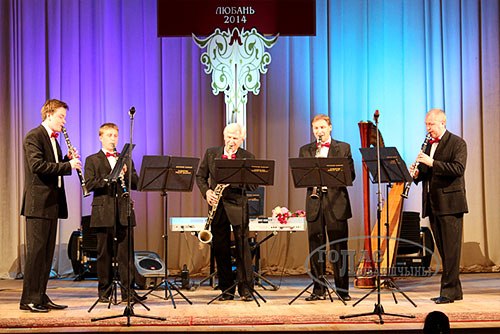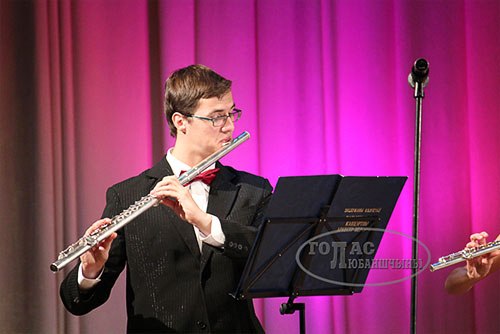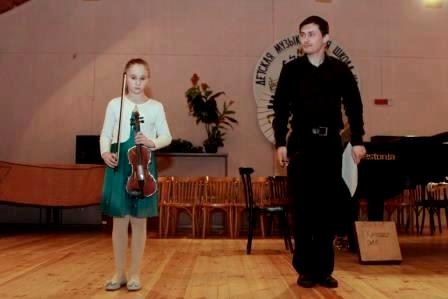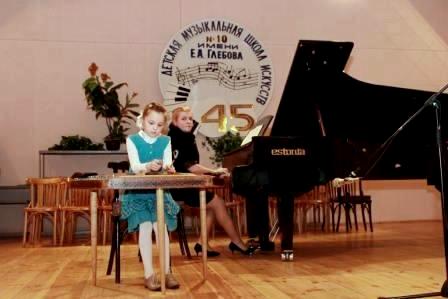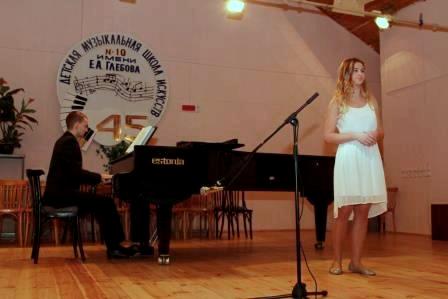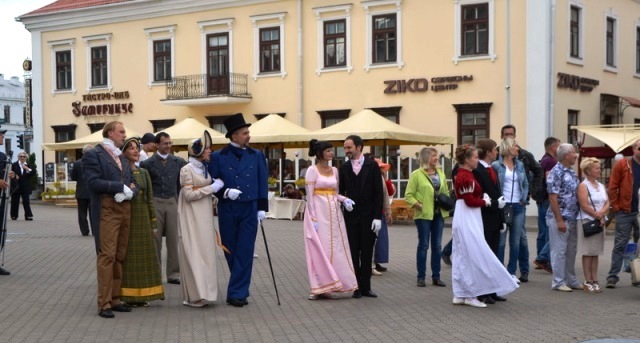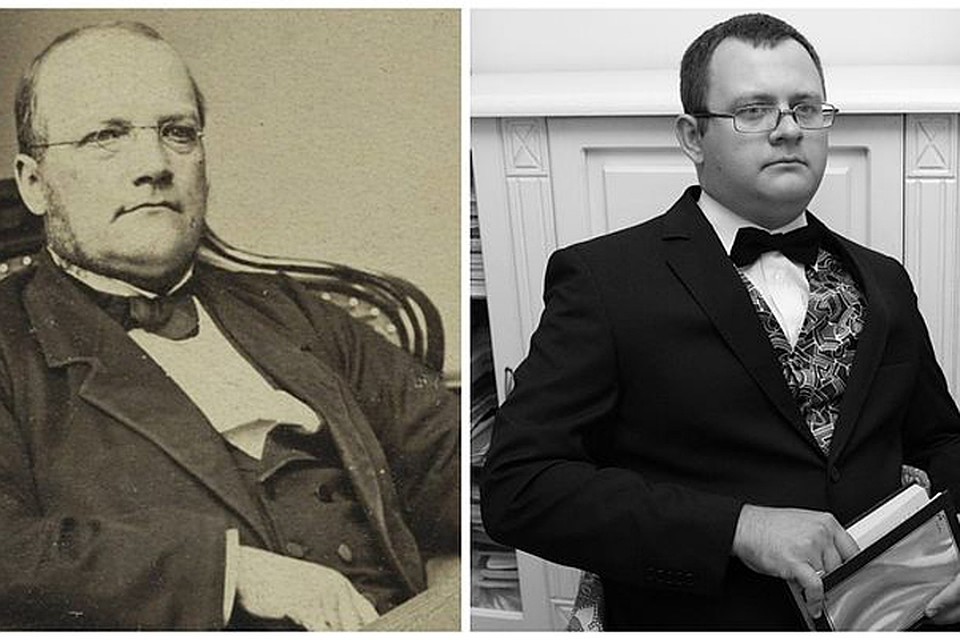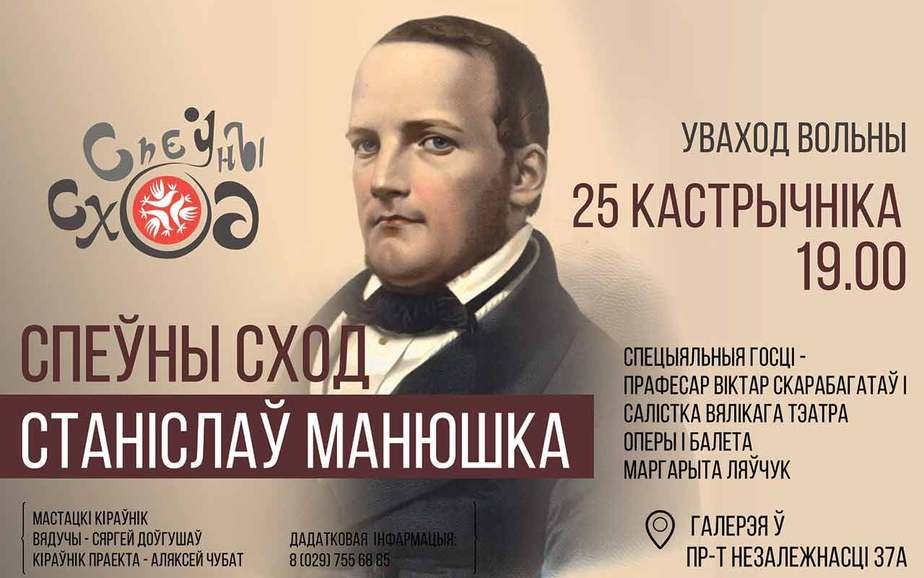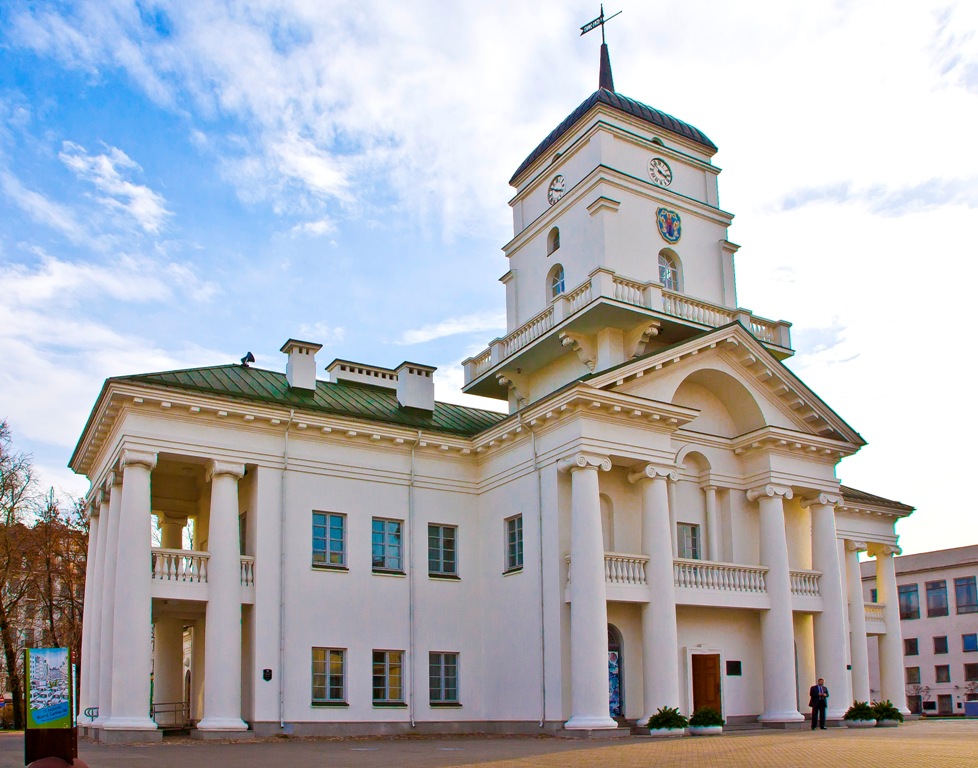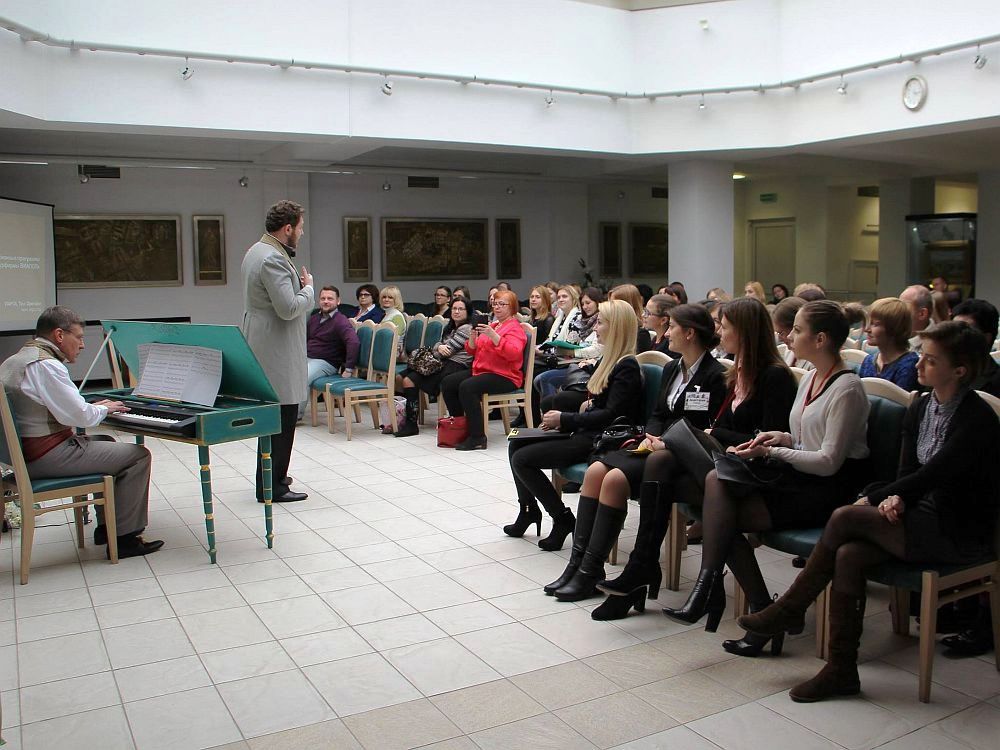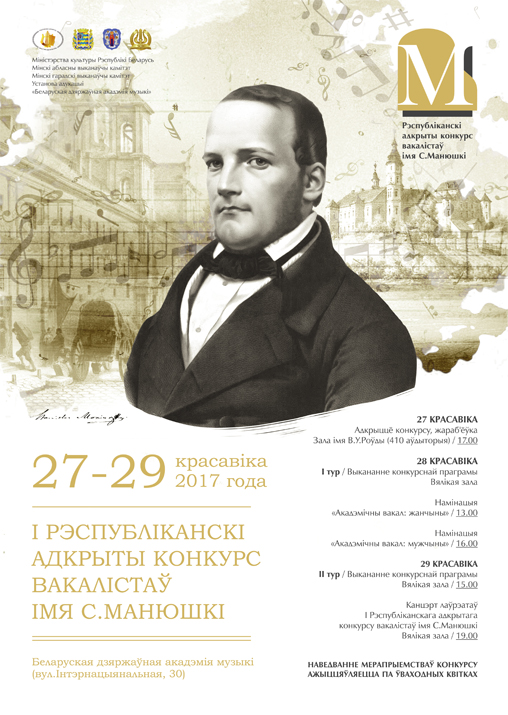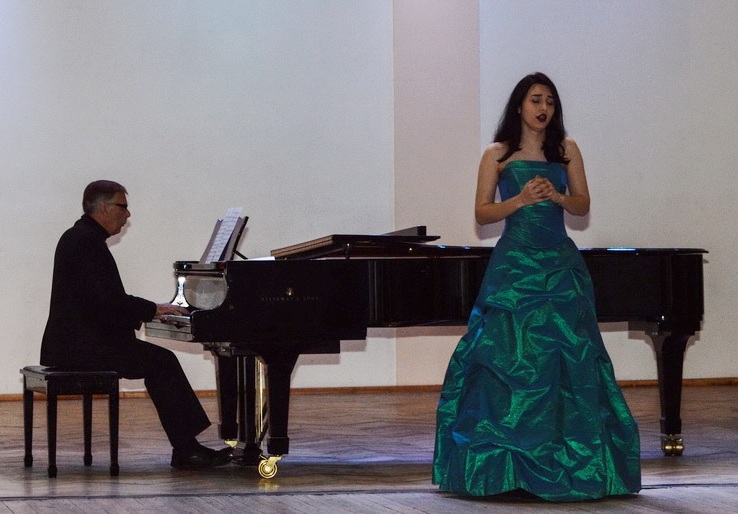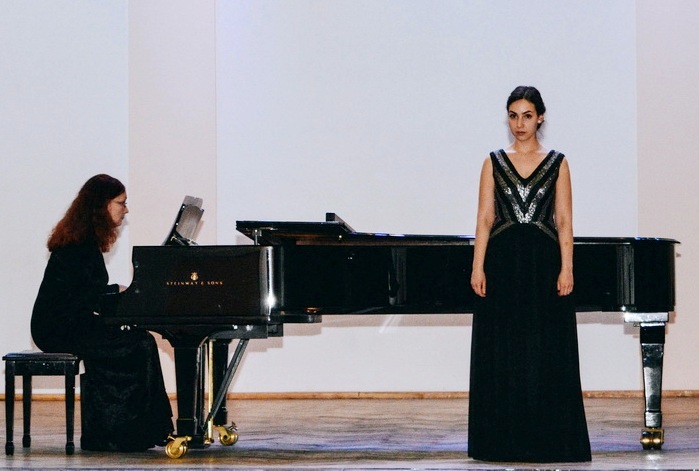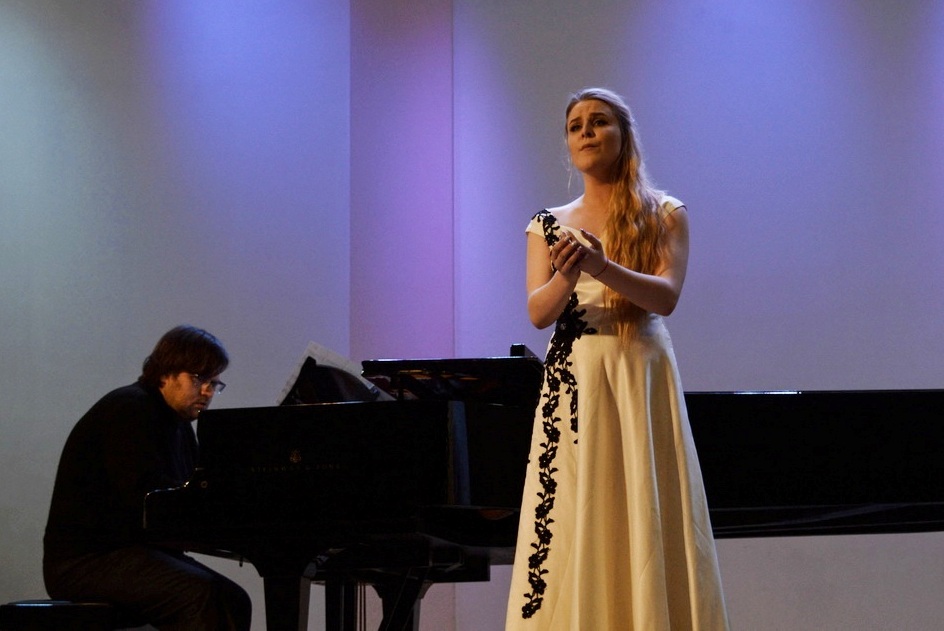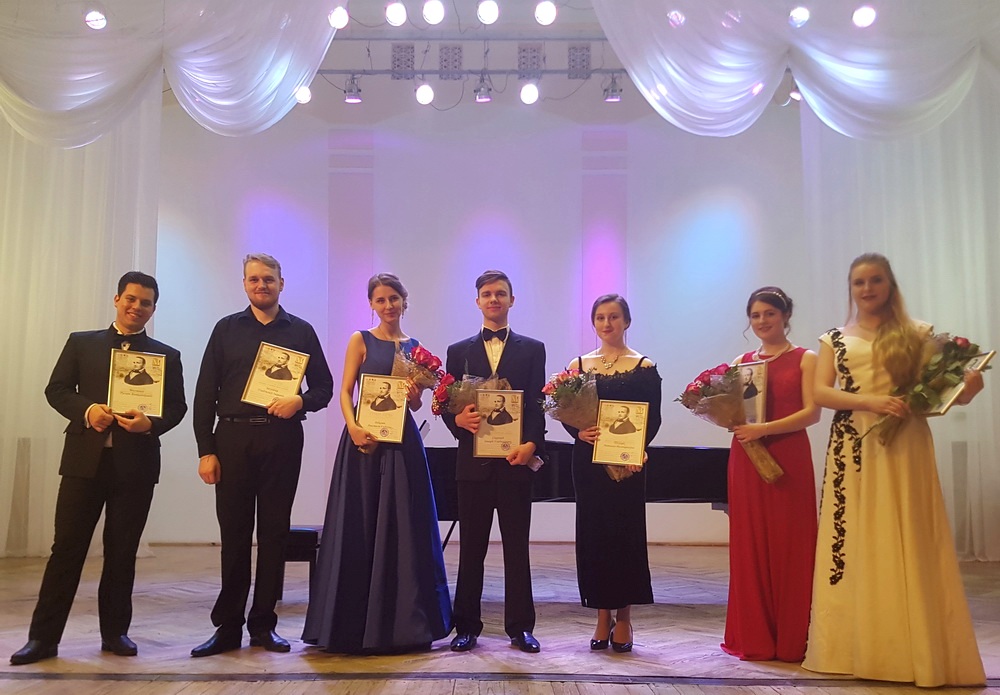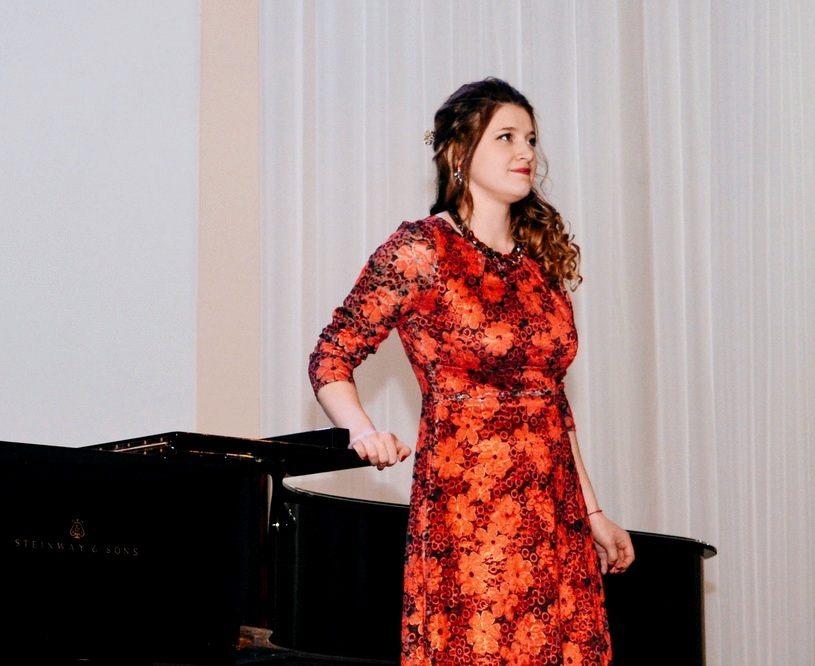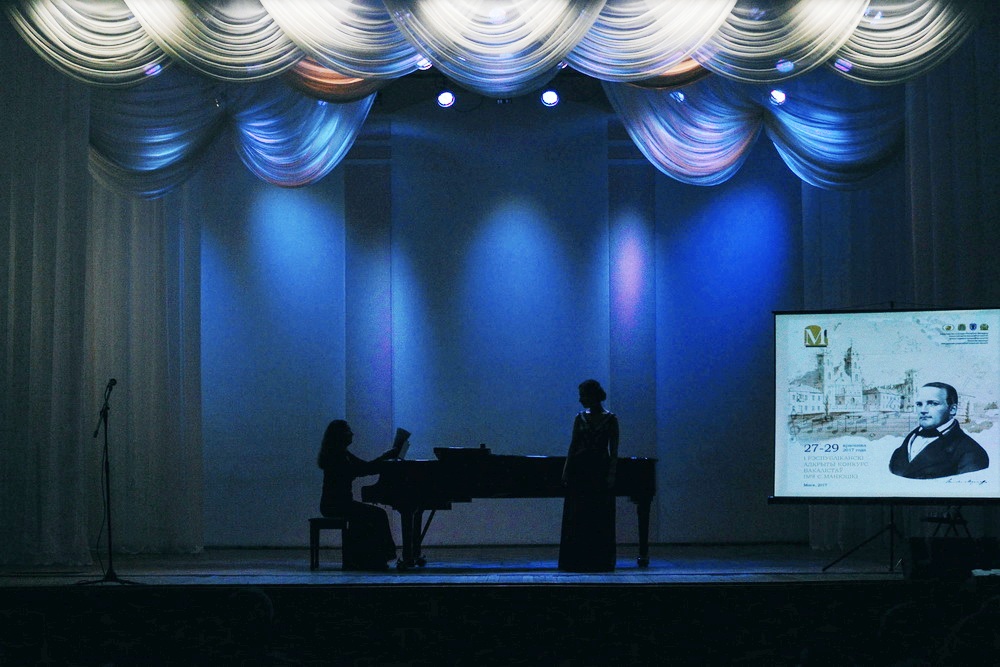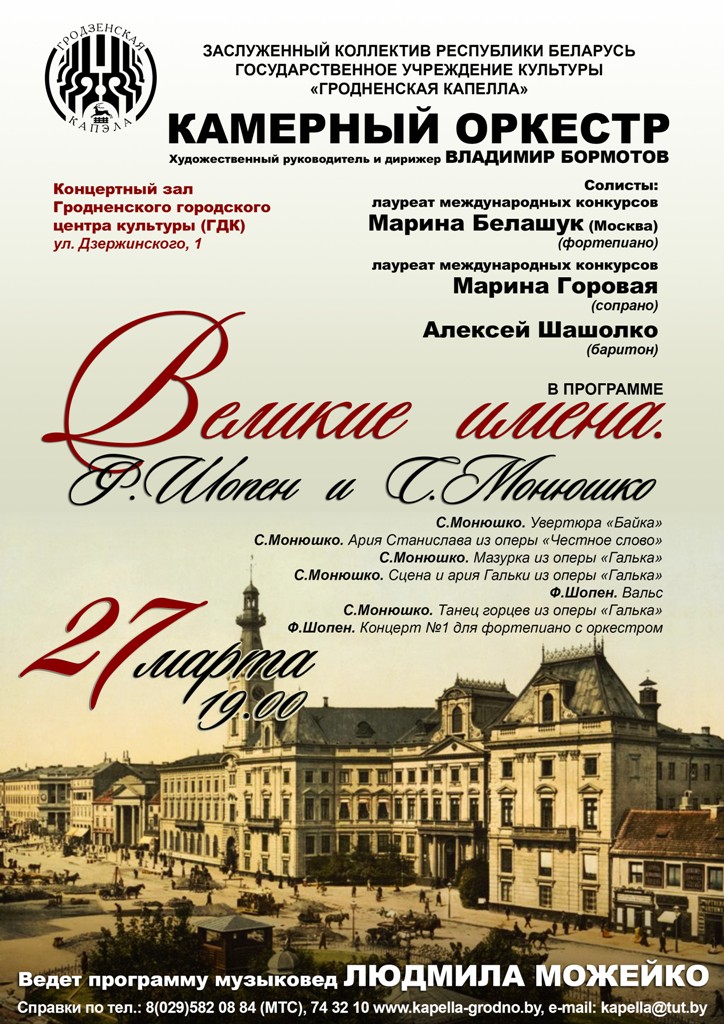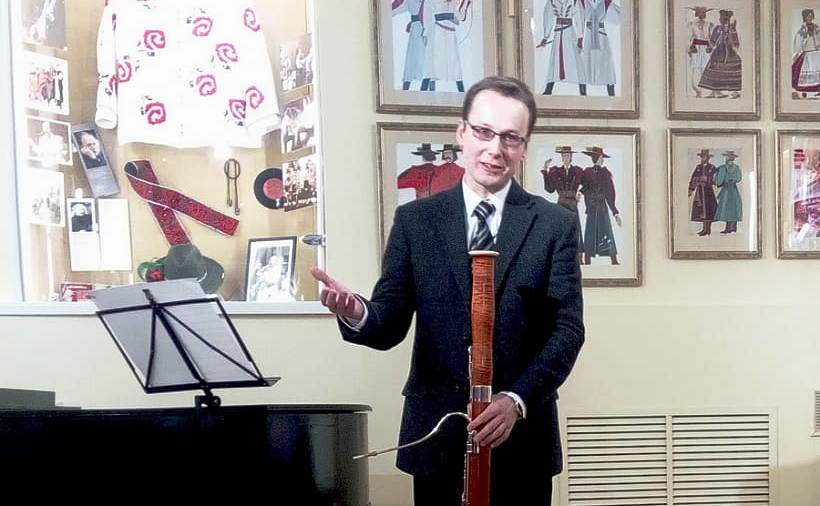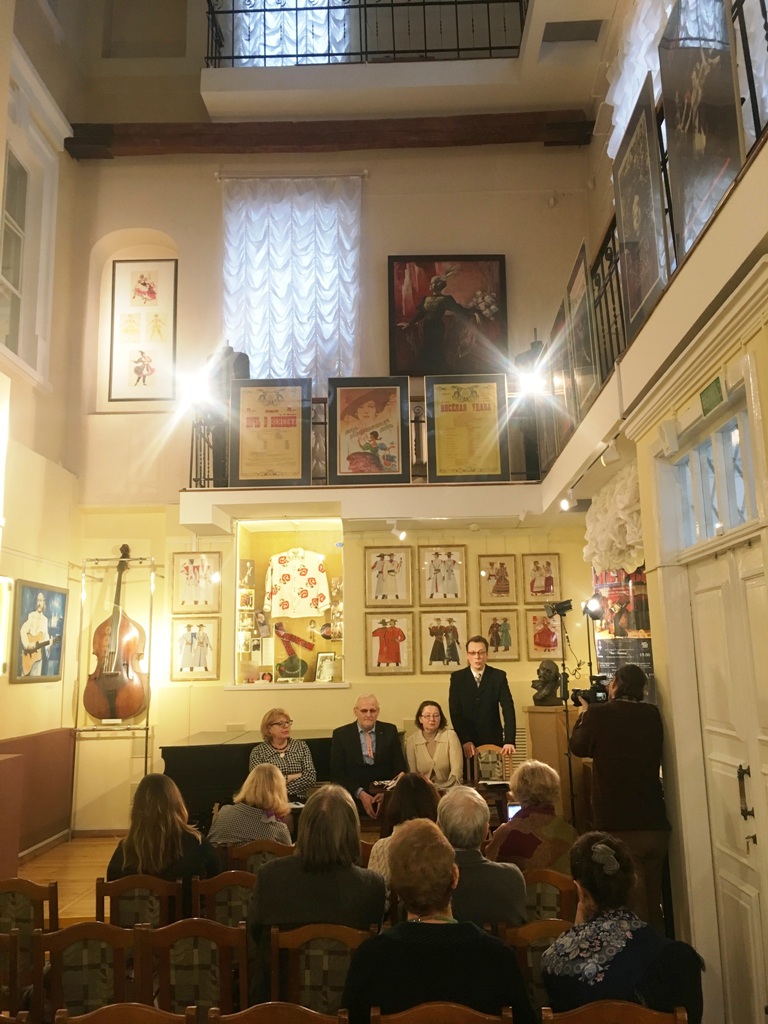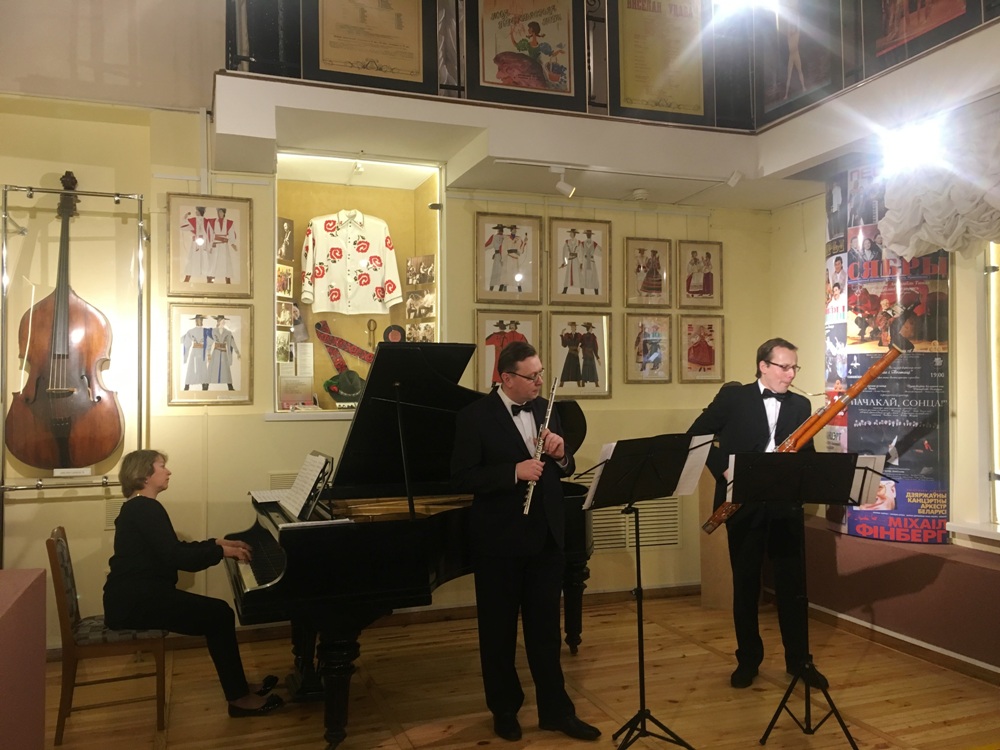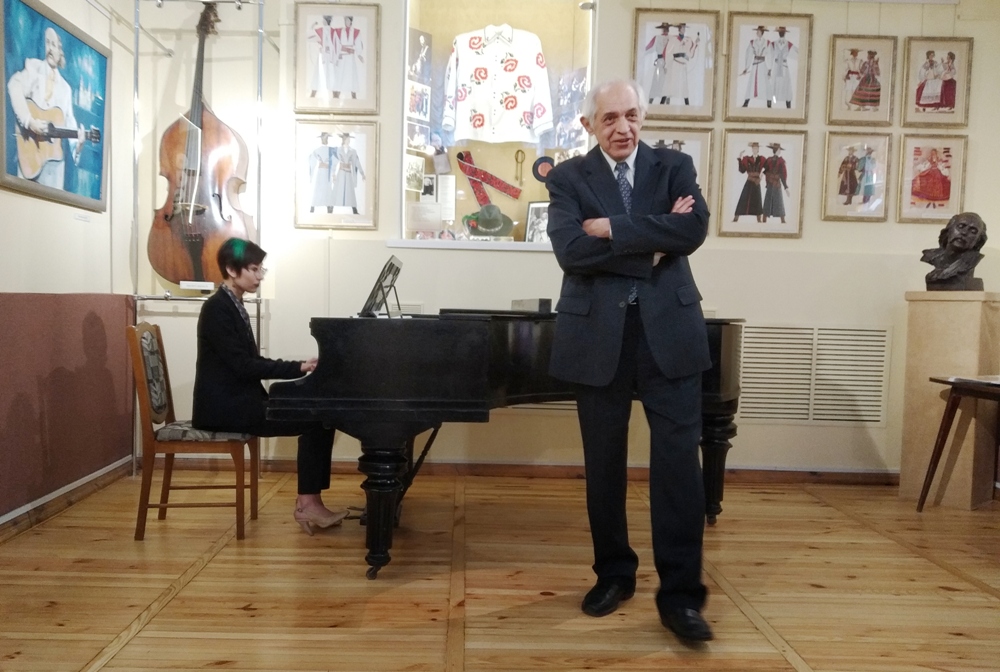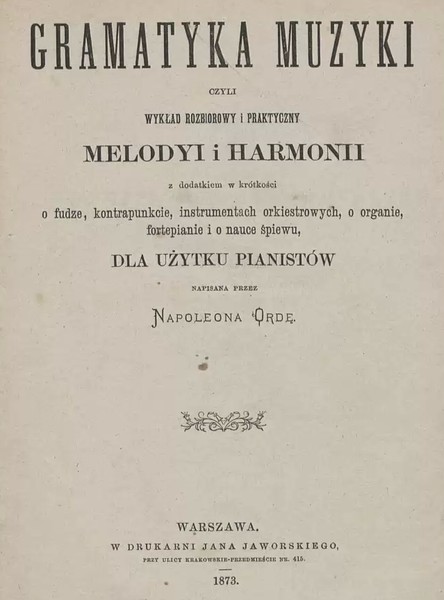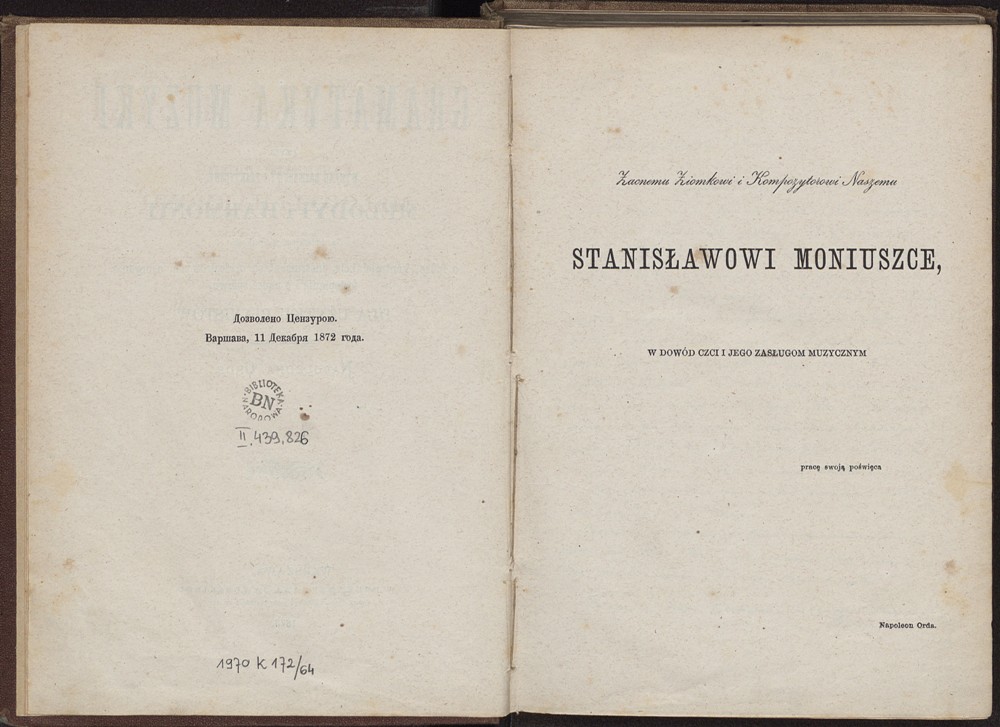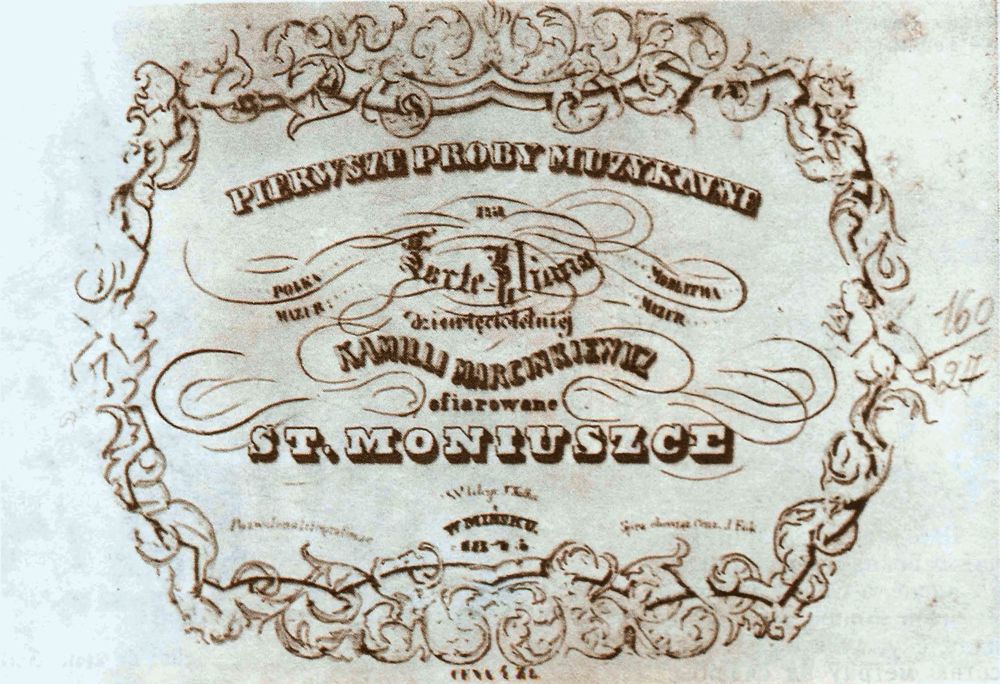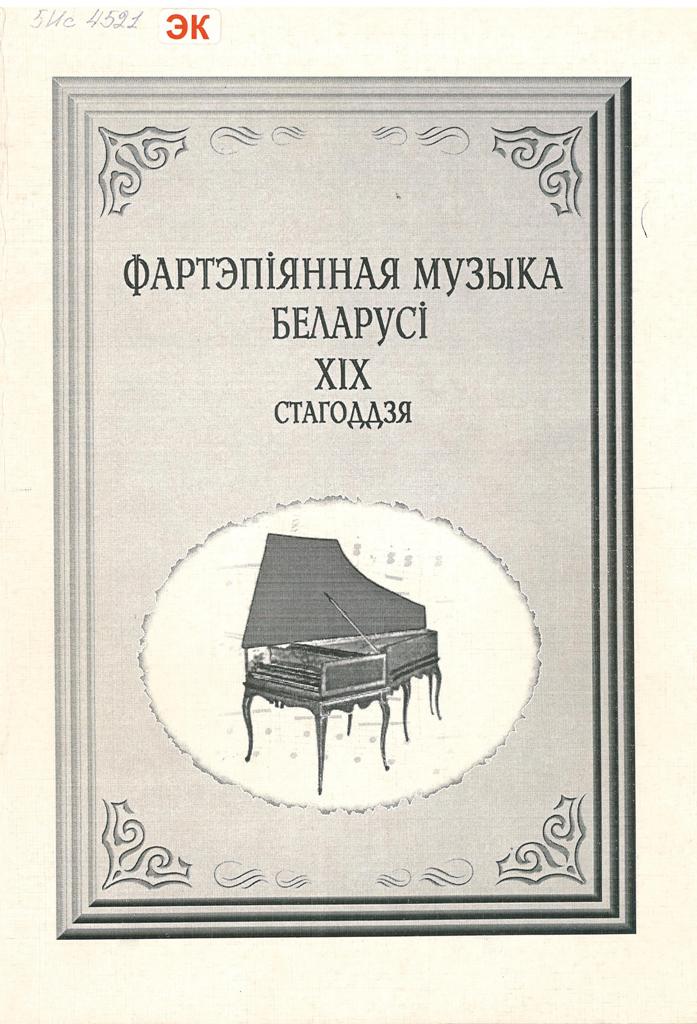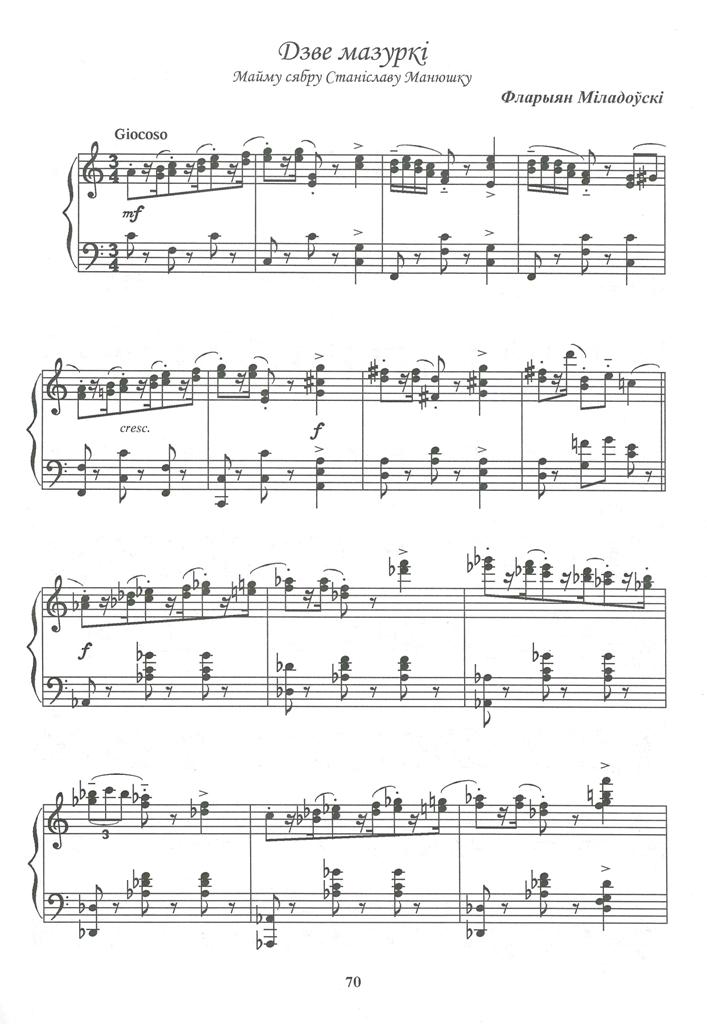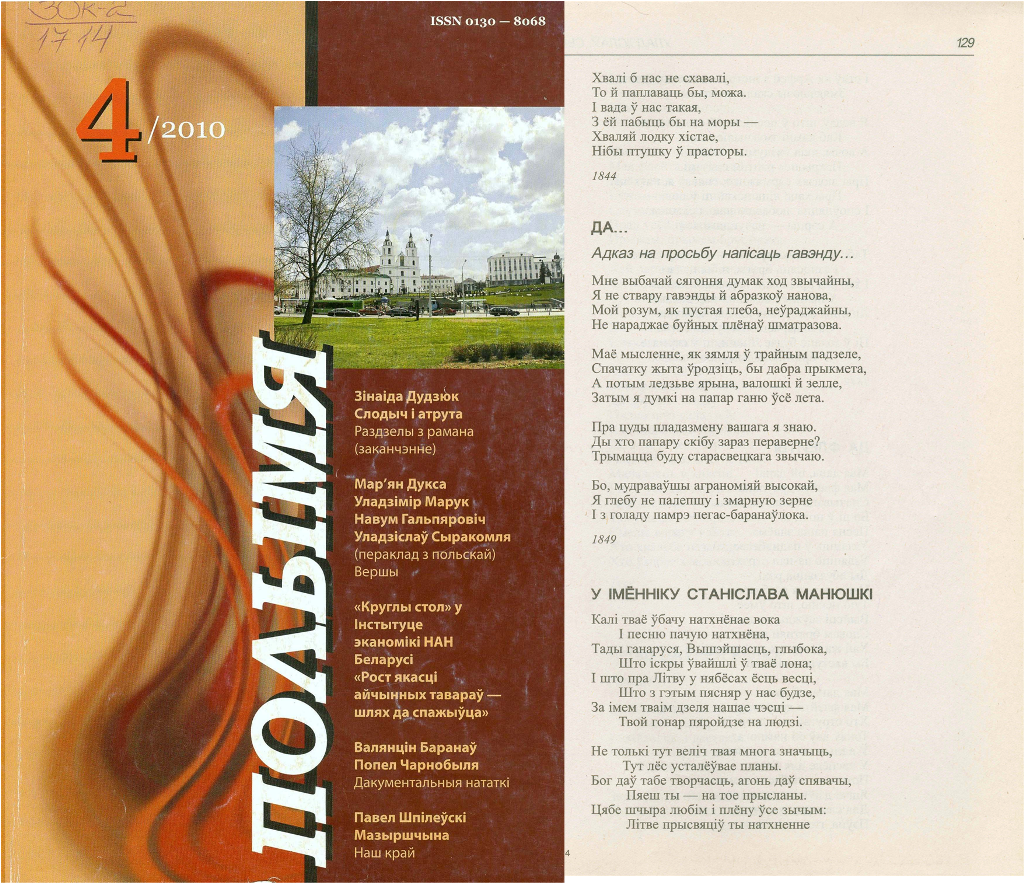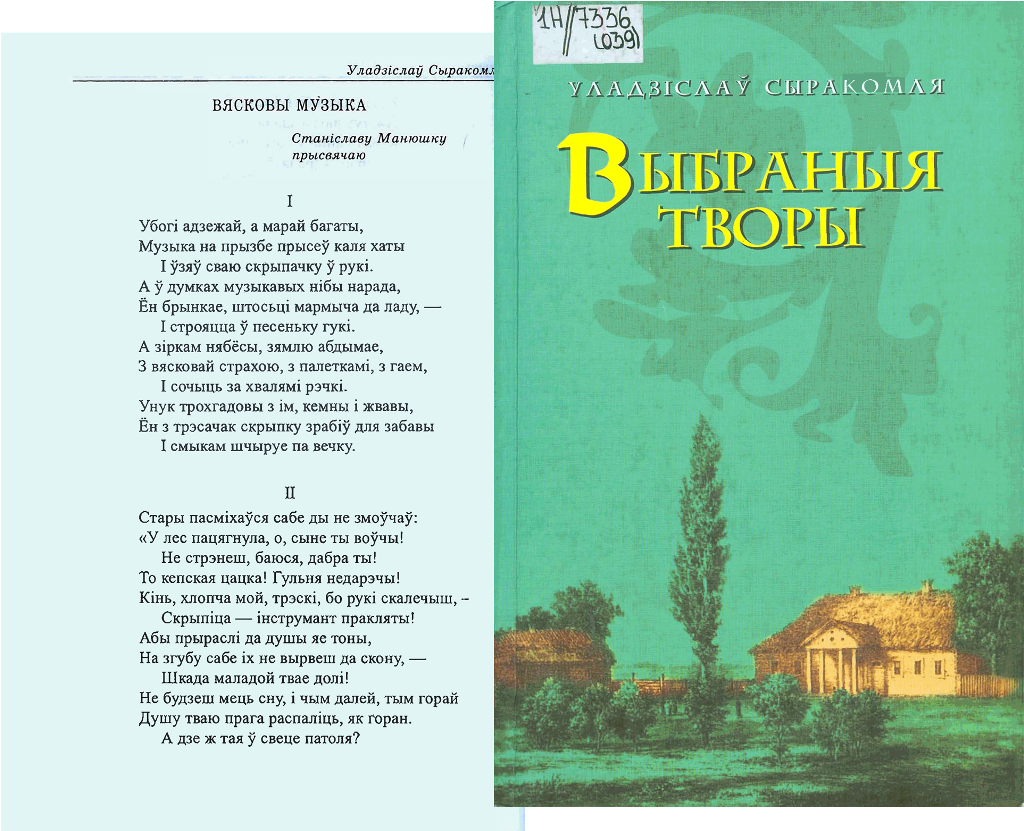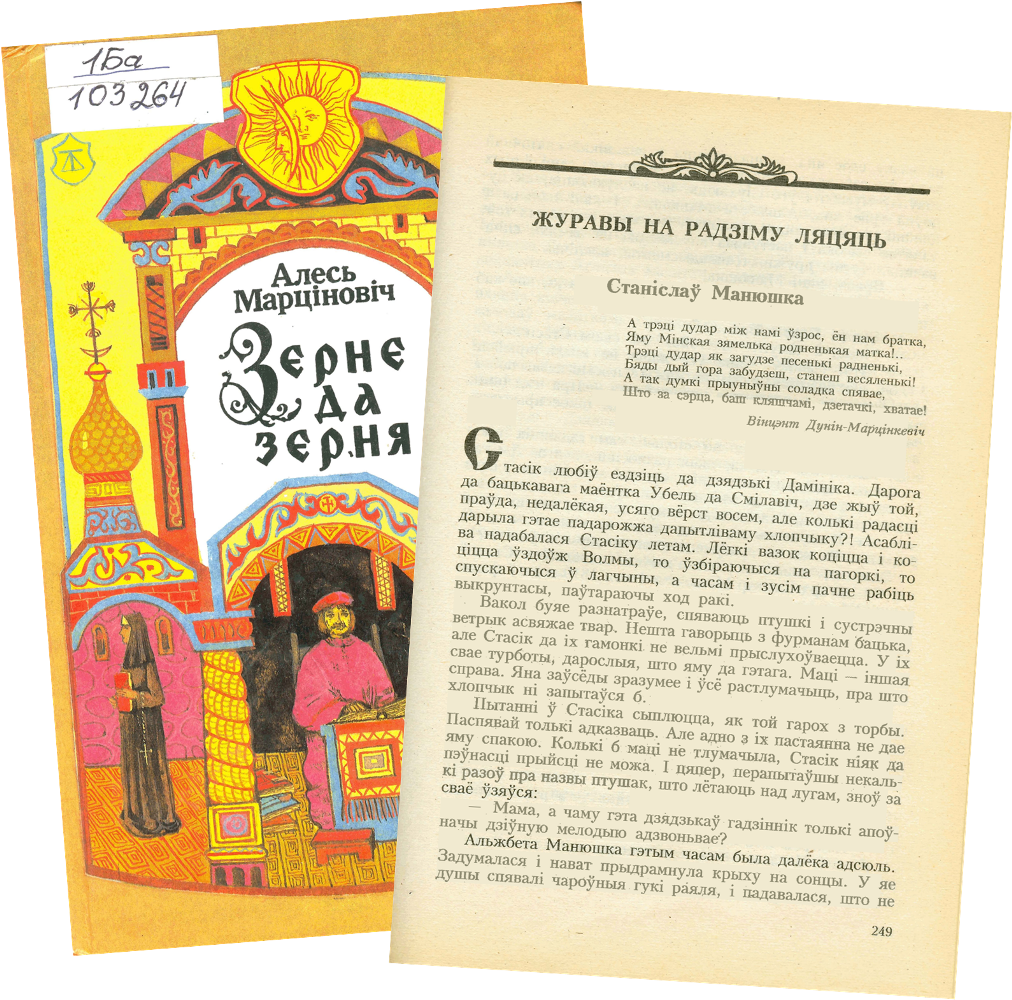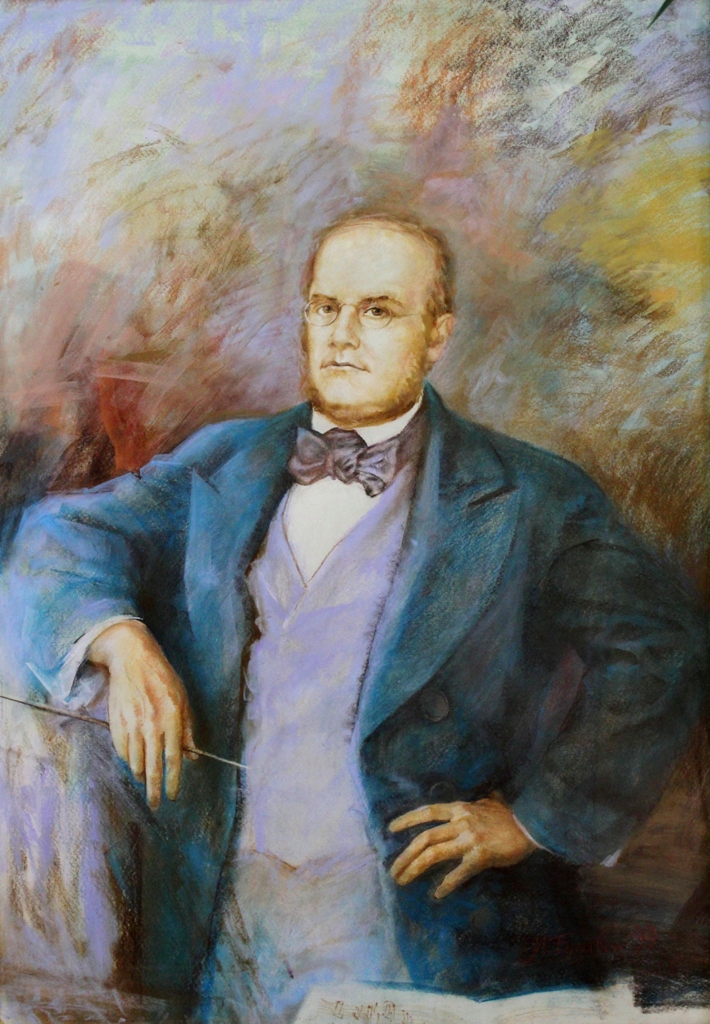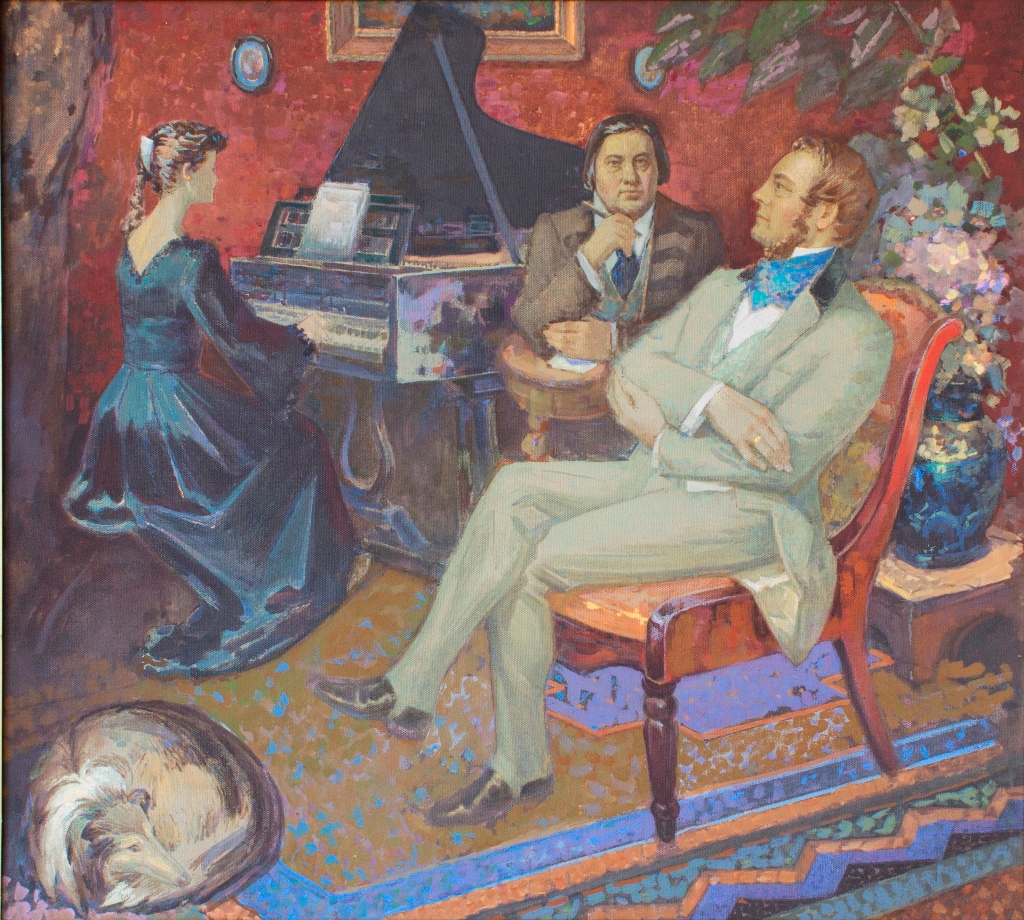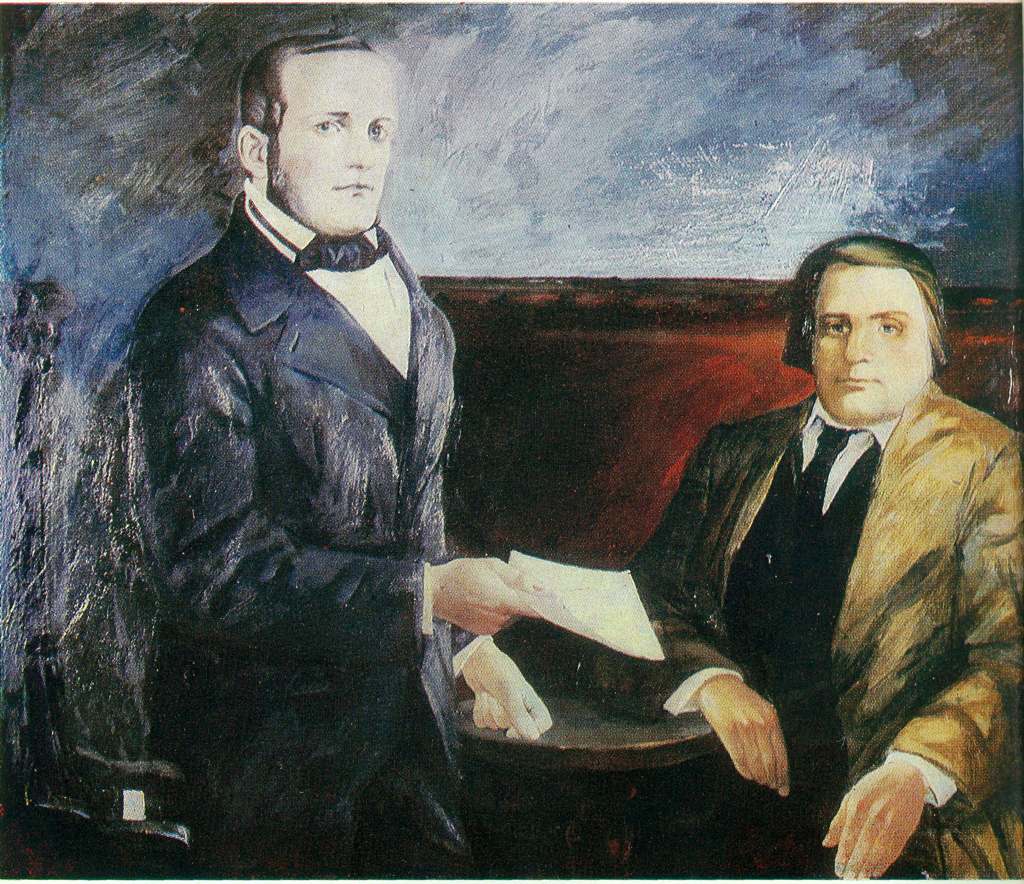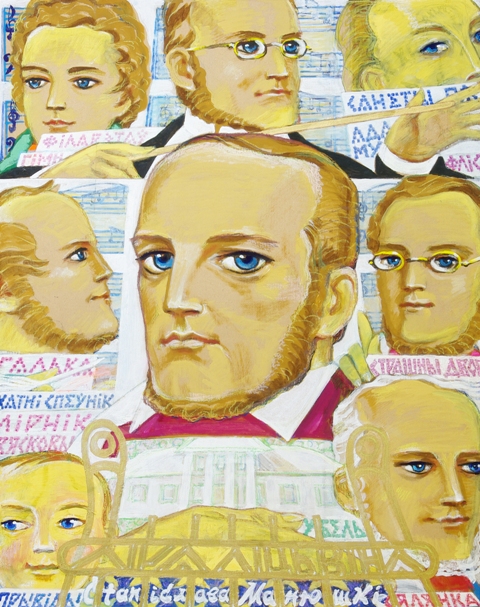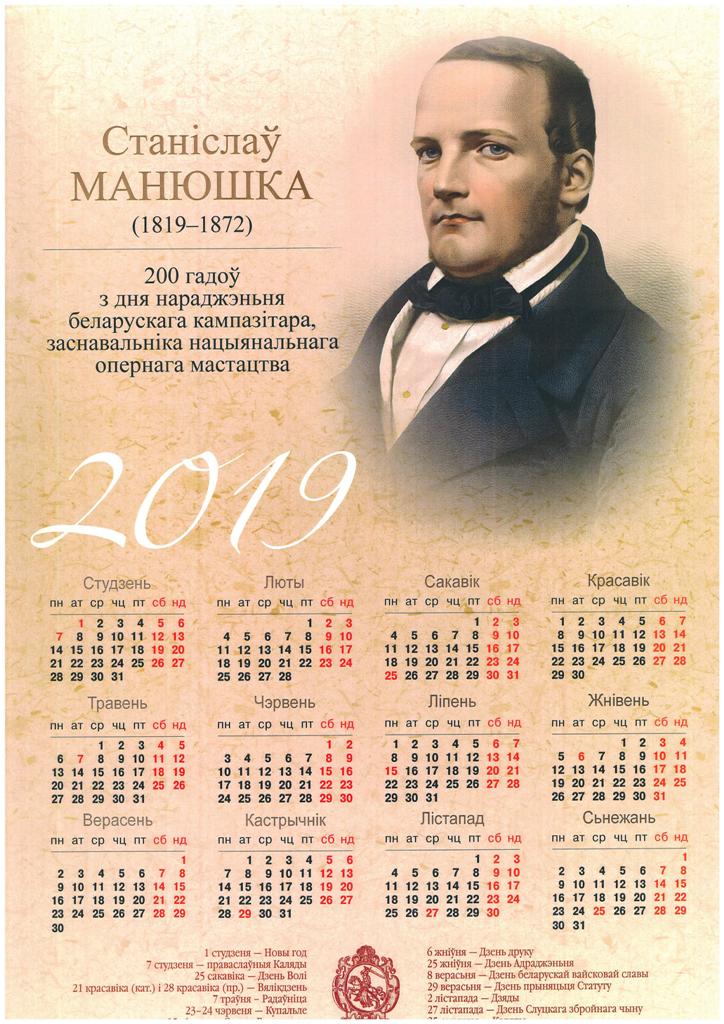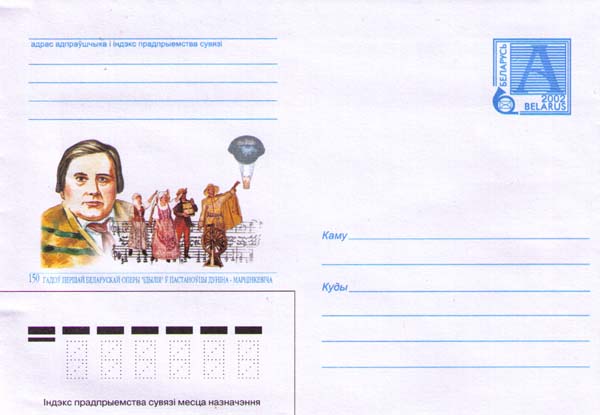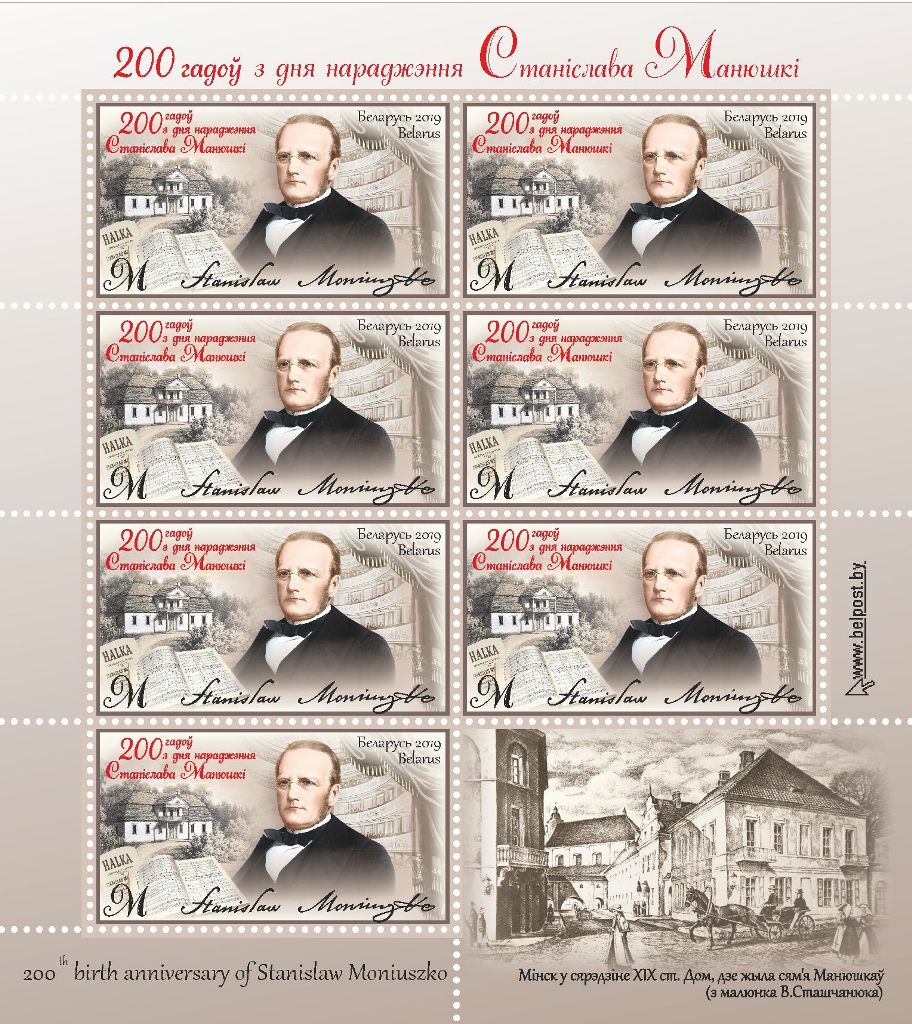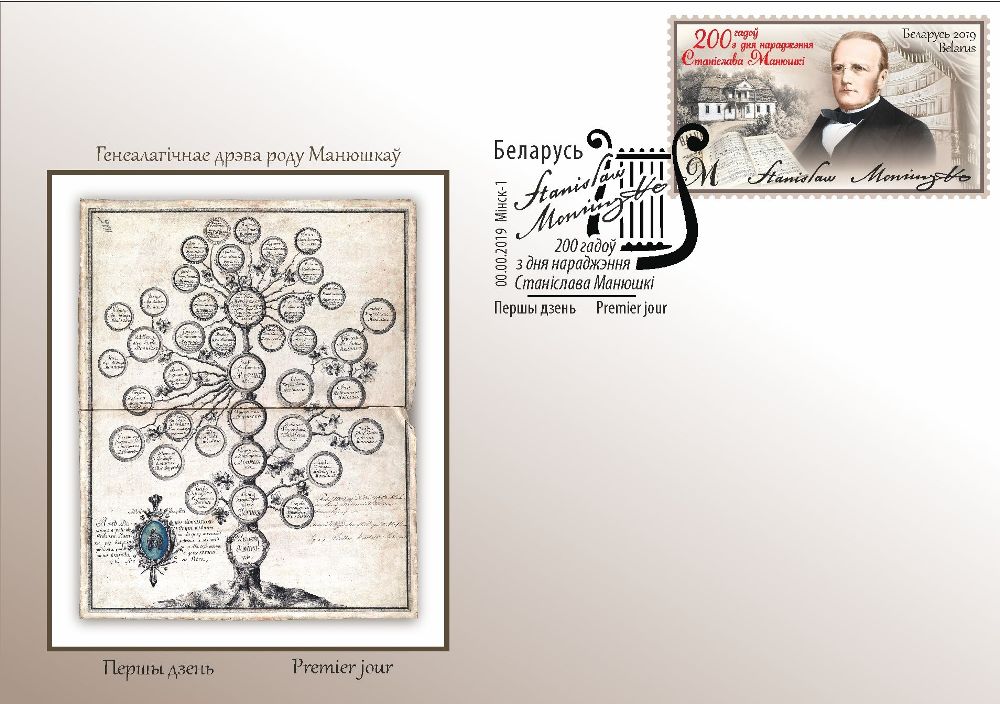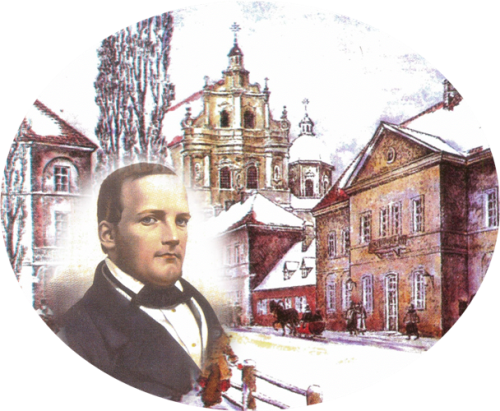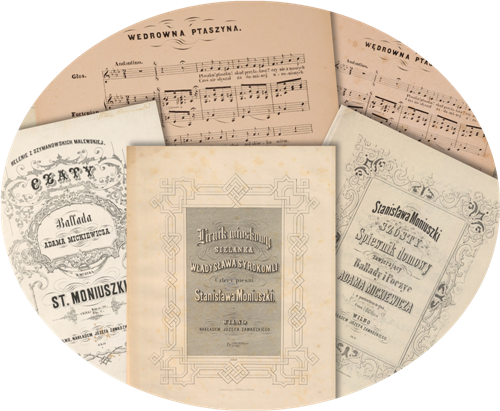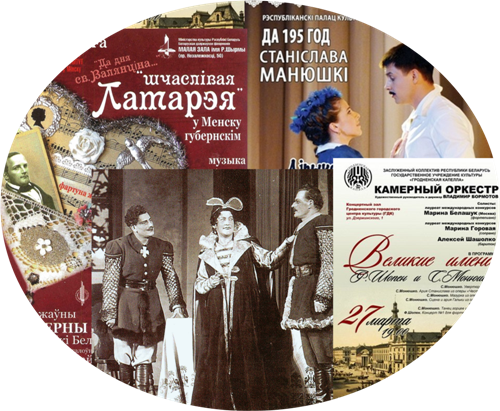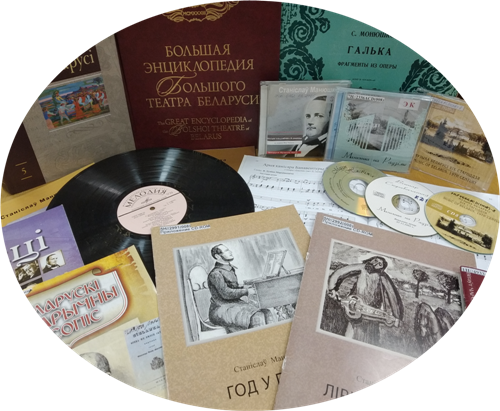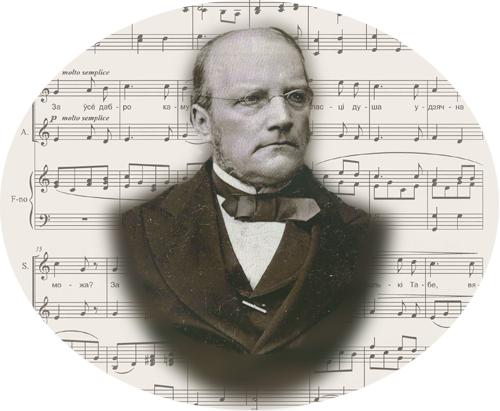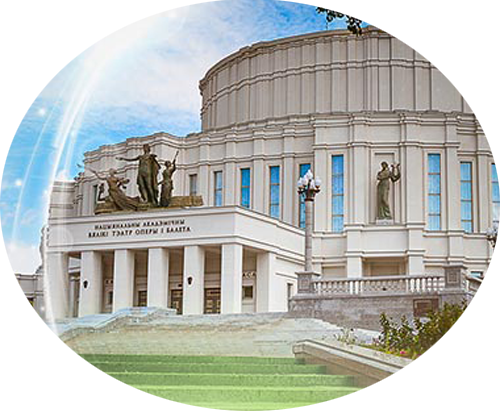Memorialization
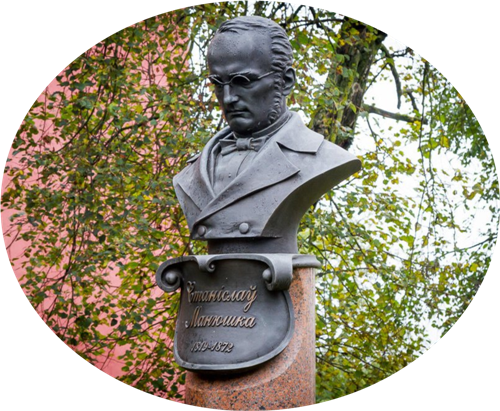
Memorialization as a form of the preservation of heritage for future generations is a sign of high respect and love for the national culture, spiritual values, attention to significant events and outstanding persons who left a trace in history.
The name of our famous countryman, Stanislaw Moniuszko, is known and respected throughout the world. His music is performed in the UK, Brazil, Germany, Canada, Poland, Russia, Romania, the USA, Turkey, Czech Republic, Cuba... Warsaw Music Society in Poland and the Institute of Slavic Culture in Japan are named after Moniuszko. Almost every Polish city has Moniuszko Street; the streets in Vilnius, Volgograd, Kharkov and Krivoy Rog are named in honor of the composer.
The composer is immortalized in Belarus as well. Several monuments and plaques are dedicated to his life and work. The streets of Minsk and Grodno are named after Stanislaw Moniuszko.
Today, Stanislaw Moniuszko, his oeuvre and legacy return home. This can be seen in numerous concerts, music festivals, exhibitions, musical and theatrical performances and philatelic products.
-
The memorialization of the great composer started in Belarus in 1966. In Ubel, in the place where the Moniuszkos’ house once stood, near the old poplar tree that remembers the composer, a memorial obelisk was installed. The inscription in the Belarusian and Polish languages says: "Here, in the estate of Ubel, on May 5, 1819, the great Polish composer Stanislaw Moniuszko was born." It also features music scores, the first five bars of Jontek Aria from the opera Halka, which brought him international fame.
In 2002, in Cherven, during the 3rd Festival Competition "Ubelskaya lastauka" a monument to the composer was unveiled. The wooden sculpture was made by artist Gennady Matusevich. At the initiative of the Ministry of Culture of the Republic of Belarus and Cherven District Executive Committee, a monument-bust to Stanislaw Moniuszko was installed near the Church of the Exaltation of the Holy Cross, in 2013. The sculptor is Konstantin Kostyuchenko.
On September 3, 2016, a monument to the creators of the Belarusian national classical opera, composer Stanislaw Moniuszko and playwright Vincent Dunin-Marcinkiewicz, was opened in a park near the town hall on Freedom Square in Minsk. The authors of the sculpture are Lev and Sergey Gumilevsky.
The house, where the Moniuszko family lived, still stands in modern Internacionalnaya Street (formerly Volockaya). In 1999, a memorial plaque in honor of the great composer was installed on the building. Another plaque is on the building of the grammar school where Stanislaw Moniuszko studied.
In 2018, a memorial plaque to Stanislaw Moniuszko was opened on the facade of the Our Lady Church in the village of Korolischevichi (Minsk District, Minsk Region). There, in the 1830s, the creator of the first Belarusian opera lived in the manor of Count Prushinskiy and took music lessons from the head of Minsk Orchestra, Dominic Stefanovich.
-
In 1969, on the occasion of the 150th anniversary of the composer's birth, Stanislaw Moniuszko Museum was established at the eight-year school in the village of Ozyorny, Cherven District. The museum exposition included more than 500 exhibits. Stanislaw Moniuszko Music Festival started with the opening of the museum and a concert, where the ballad Ubelskiya tapoli of Belarusian composer Genrih Wagner, dedicated to Moniuszko, was first performed.
The school director, Viktor Nesterovich, had headed Stanislaw Moniuszko Museum for 20 years. In 1979, the scientific concept of the museum was developed; in 1993, Moniuszko Museum joined the Literary Museums Association, and since 2001 it is a branch of the State Museum of the History of Theatrical and Musical Culture of the Republic of Belarus.
📺 Watch video: Ubel, the Genius’ Homeland
💾 Download video: Ubel, the Genius’ Homeland
The Belarusian Cultural Foundation announced 1999 a Year of Moniuszko. An organizing committee for the celebration of the composer’s 180th anniversary was set up and headed by the well-known music figure, Mikhail Kozinets. On July 15, the "Melodies of the Motherland" exhibition opened at the National Museum of History and Culture. During the opening ceremony Belarusian musician Igor Olovnikov and Sonorus Chamber Choir performed the music of the composer. The exposition, organized by the Museum of the History of Theatrical and Musical Culture of the Republic of Belarus, presented works from the collections of the National Art Museum, the National Museum of History and Culture, the Museum of Modern Fine Arts of Belarus, and the National Library of Belarus.
In November 2002, "The Polish Son of the Belarusian Land" exhibition, dedicated to the 130th anniversary of the death of Stanislaw Moniuszko, opened in the Central Scientific Library of the National Academy of Sciences of Belarus (Minsk). The event was organized jointly with the Polish Institute in Minsk.
In 2008, on the eve of the 190th anniversary of Stanislaw Moniuszko, the State Museum of the History of Theatrical and Musical Culture opened the room in honor of the composer.
On May 5, 2009, "The Music World of Stanislaw Moniuszko" exhibition, timed to the 190th anniversary of the composer's birth, opened in the Central Library named after Yakub Kolas of the National Academy of Sciences of Belarus. The exposition presented 58 lifetime and posthumous editions of Moniuszko’s works, as well as the collection of poems Conversation and Rhythms by Vladislav Syrakomlya, some of which are devoted to the composer. Publications of musicologists Vitold Rudinsky, Stanislaw Nevedomsky, Zdzislaw Yakhimecky; a biographical essay about Moniuszko of Boleslaw Wilczynski; books of modern Belarusian scholars of Moniuszko Viktor Skorobogatov, Adam Maldzis, Vladimir Markhel and Broneslaw Smolski were also on display. Another exhibition, "There Are Many Musicians, You Are Alone", devoted to the master’s life and work and timed to the arrival of his descendant, Clara Moniuszko, was held in October.
On November 27, 2017, the Music Room of Stanislaw Moniuszko opened in the urban village of Smilovichi, Cherven District, Minsk Region. The event was part of the project "Support to Local Development in the Republic of Belarus", financed by the European Union and the United Nations Development Program. So far, only one hall works, where the composer’s activity in Berlin and Warsaw is presented. The exposition will be extended and updated.
April 5, 2019 at the Music lounge Stanislaw Moniuszko solemnly opened a museum exhibition dedicated to the 200th anniversary of the world-famous composer. New exhibition housed in two halls. The first one is dedicated to children and youth age Moniuszko, which he spent in the village of wool. The second hall tells the story of Warsaw during the composer's lifetime. Exposure replenished books published for the 200th anniversary of the birth of Moniuszko, which gave Victor Skorobogatov.
-
The celebration of Stanislaw Moniuszko’s anniversaries includes a number of concerts, presentations and other events. So, in 1994 we celebrated the 175th anniversary of Stanislaw Moniuszko. The Belarusian State Philharmonic Hall hosted a theatrical concert program Moniuszko in the Homeland with the participation of Belarusian and Polish artists. The culmination of the event was a meeting of Vincent Dunin-Marcinkiewicz and Stanislaw Moniuszko, played by the actors of Kupala Theater. It is noteworthy that composer Vladimir Dorokhin wrote a violin fantasy Halka specifically for this event, and music from Moniuszko’s prayer books was performed at a mass dedicated to his birthday.
An evening party was held in the composer’s homeland. A folk instrument ensemble of Cherven Art School played at the event. The holiday was attended by Polish Ambassador Elzbieta Smulek, opera singer and head of Moniuszko Society Maria Foltyn, and Belarusian literary critic and historian Adam Maldzis. The guests visited the museum of the composer and laid flowers on the stele.
In 1997, the House of Friendship hosted a presentation of the collection of works by Stanisalw Moniuszko Songs of the above-Neman and Dvina, including twenty two songs and romances based on the verses of Jan Chachot.
In 1999, the regional festival of Belarusian-Polish music “Ubelskaya lastauka” was organized in honor of the composer. The poetic name of the festival (literally “The Swallow of Ubel”) comes from the family legend about the swallow which weaved a nest over the cradle of little Stanislaw in the family estate in Ubel. Today, the festival is a creative competition of vocalists, students of professional musical institutions from all over the country, as well as students-vocalists from Russia, Ukraine, Lithuania, Latvia, Czech Republic, Belgium, and China.
The Belarusian Stanislaw Moniuszko Competition “Ubelskaya lastauka” was a starting point for such world-famous singers like Oksana Volkova, Ilya Silchukov and Vladimir Gromov. Now they are the soloists of the National Academic Opera and Ballet Theater of the Republic of Belarus, performing at the most prestigious opera houses of Europe and America.
The Second Belarusian Arts Festival “Mir Castle 2004”, timed to the 185th anniversary of Stanislaw Moniuszko, was held on 29–30 May, 2004. The aim of the event was to show, as widely as possible, the panorama of Moniuszko’s oeuvre. The overtures from the operas The Raftsman, The Countess, The Pariah were first performed in Belarus. Moniuszko’s religious music was performed by the choral chapels of Mogilev and Grodno. The State Symphony Orchestra (conductor Andrei Galanov) and the State Academic Orchestra of the Republic of Belarus (conductor Alexander Vysotsky) took part in the festival.
An event in the House of Friendship was timed to the same date and dedicated to the Belarusian-Polish friendship. Songs and arias by Moniuszko were performed by young singers.
On June 4, 2009, the Chamber Hall of the Belarusian State Philharmonic Hall hosted a presentation of the CD New Heaven of Stanislaw Moniuszko, recorded by the Classic Avant-garde ensemble of soloists under the direction of Vladimir Baydov. An exhibition titled “The Music World of Stanislaw Moniuszko” ran during the presentation. Publications from the collections of the Central Scientific Library named after Yakub Kolas of the National Academy of Sciences of Belarus were on display.
On March 14, 2010, a concert titled "There Grew Your Muse" was held in the Lutheran Church in Vilnius (Vokieciu gatve, 20). The classical music of Stanislaw Moniuszko was performed by the Belarusian trio “Vytoki”.
On December 3–6, 2011, Stanislaw Moniuszko International Piano Competition of Slavic Music took place in the Great Hall of the Belarusian State Philharmonic Hall. The competition was attended by 11 artists from Belarus, Russia, Poland, Uzbekistan, the United States, Japan and South Korea. The event was organized by the Ministry of Culture of Belarus with the participation of Stanislaw Moniuszko Association in France.
In 2014, the rural house of culture in Saroki (Luban District, Minsk Region) hosted a concert titled "The Luban Dreams of Stanislaw Moniuszko", which was attended by the National Academic Concert Orchestra of Belarus, the State Chamber Choir of the Republic of Belarus, and the ensemble "Silver Flutes of Belarus".
A number of events in honor of the composer took place in 2016, including a concert of students and teachers of children's music school of arts № 10 named after Glebov.
The Minsk City Hall hosted an original nineteenth-century-styled gala ball with the composer look-alike competition.
In October, a journey to the places related to Moniuszko took place. The tourist route, titled "Minsk Circle of Stanislaw Moniuszko with Singing Assembly”, included Minsk, Smilovichi, Ubel, Ozyorny, Cherven, Lyady, Rotkavshchina, Olesino, Shipyany, with a visit to Stanislaw Moniuszko Museum. The Ў Art Gallery hosted meetings "Singing Assembly: singing to the music of Moniuszko" with the participation of Professor Victor Skorobogatov, soloist of the Bolshoi Opera and Ballet Theater of the Republic of Belarus and the House of Music "Classic" Margarita Liauchuk and under the direction of Syarzhuk Dougushau.
Since 2016, a sightseeing tour of Minsk features a musical-theatrical performance "Moniuszko Welcomes the Guests" in the City Hall. Here you can listen to the music by Moniuszko and other popular compositions of Belarusian and world classics.
In 2017, the First Belarusian Stanislaw Moniuszko Vocal Competition took place. The event was organized by the Ministry of Culture of the Republic of Belarus, Minsk Regional and City Executive Committee of the Belarusian State Academy of Music.
In 2018, the concert hall of Grodno State Center of Culture hosted a concert titled “The Great Names. Frederic Chopin and Stanislaw Moniuszko.” The chamber orchestra "Grodno Chapel" performed at the event.
On January 5, 2019, the Year of Stanislaw Moniuszko was opened at the Museum of the History of Theatrical and Musical Culture in Minsk. In 2019, on every fifth day of each month, the creative association "Belarusian Chapel" with the scholar of Belarusian music, Victor Skorobogatov, and the trio “Vytoki”, headed by the laureate of international contests, Alexey Frolov, hold activities in honor of Moniuszko, who was born on May 5th. The unique program gave rise to a series of concerts and other events timed to the 200th anniversary of the composer.
-
The person and oeuvre of our famous countryman were always respected by his contemporaries and descendants, outstanding representatives of Belarusian culture and art. This can be seen in a variety of dedications: a fundamental musicological work Gramatyka muzyki by Napoleon Orda; musical dedications Two Mazurkas by Florian Milodovsky, Polonaise by Anton Abramovich, a ballade Ubelskiya tapoli by Genrih Wagner and the first music pieces of Camilla Marcinkiewicz; poetic dedications Cranes Flying Home by Alies Martinovich, The Rural Musician and The Book of Names of Stanislaw Moniuszko by Vladislav Syrakomlya, The Ballad of Stanislaw Moniuszko by Victor Shnip, To Stanislaw Moniuszko by Adam Plug; an essay Stanislaw Moniuszko in Belarus by Efim Sadovsky; a dramatic story Salus Populi... by Vladimir Dubovka.
Musical dedications
Florian Milodovsky. Two Mazurkas: “To My Friend Stanislaw Moniuszko.” The 19th Century Piano Music of Belarus. Minsk 2011
Literary dedications
-
-
2002 marked the 150th anniversary of the first staging (1852) of the Sielanka (Idyll) in Minsk, the first national opera in the Belarusian language. This remarkable date was given an envelope. The Belarusian Postal Service published an anniversary envelope in honor of this significant date.
Jointly with the National Library of Belarus and the National Historical Archive, the Belarusian Postal Service prepared a project for the publication of a postage stamp, a First Day envelope and a special postmark. The release into circulation of this philatelic product took place in May 2019, directly to the birthday of S. Moniuszko.
2019 opens a new significant page for further preservation and study of Stanislaw Moniuszko’s legacy. The celebration of the composer’s 200th anniversary is gaining momentum, and a number of events in different parts of Belarus are ahead.
Home


